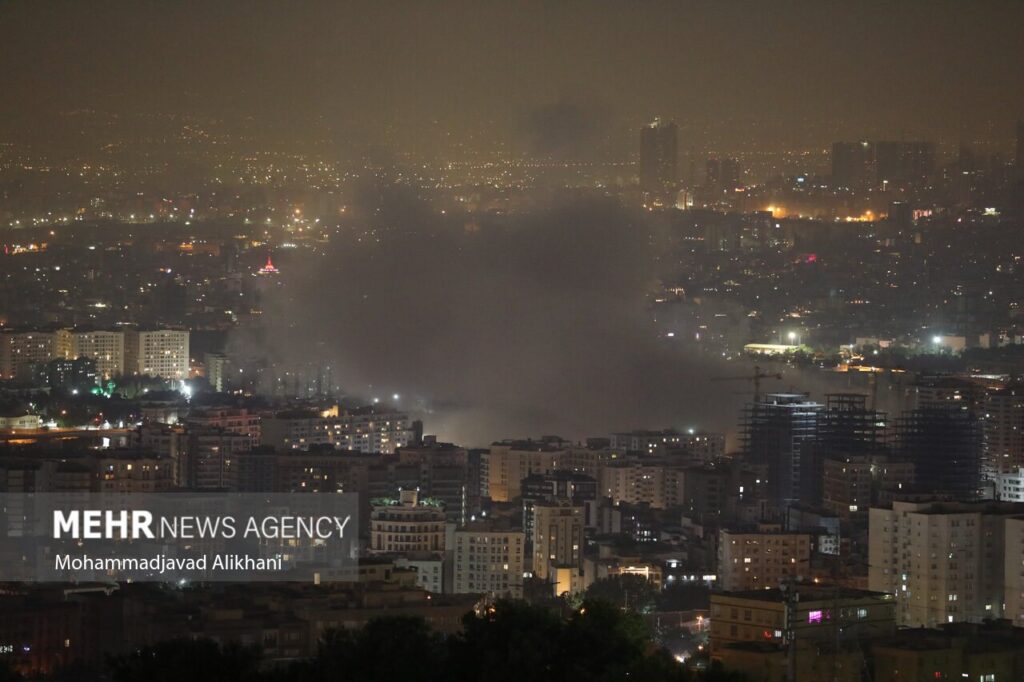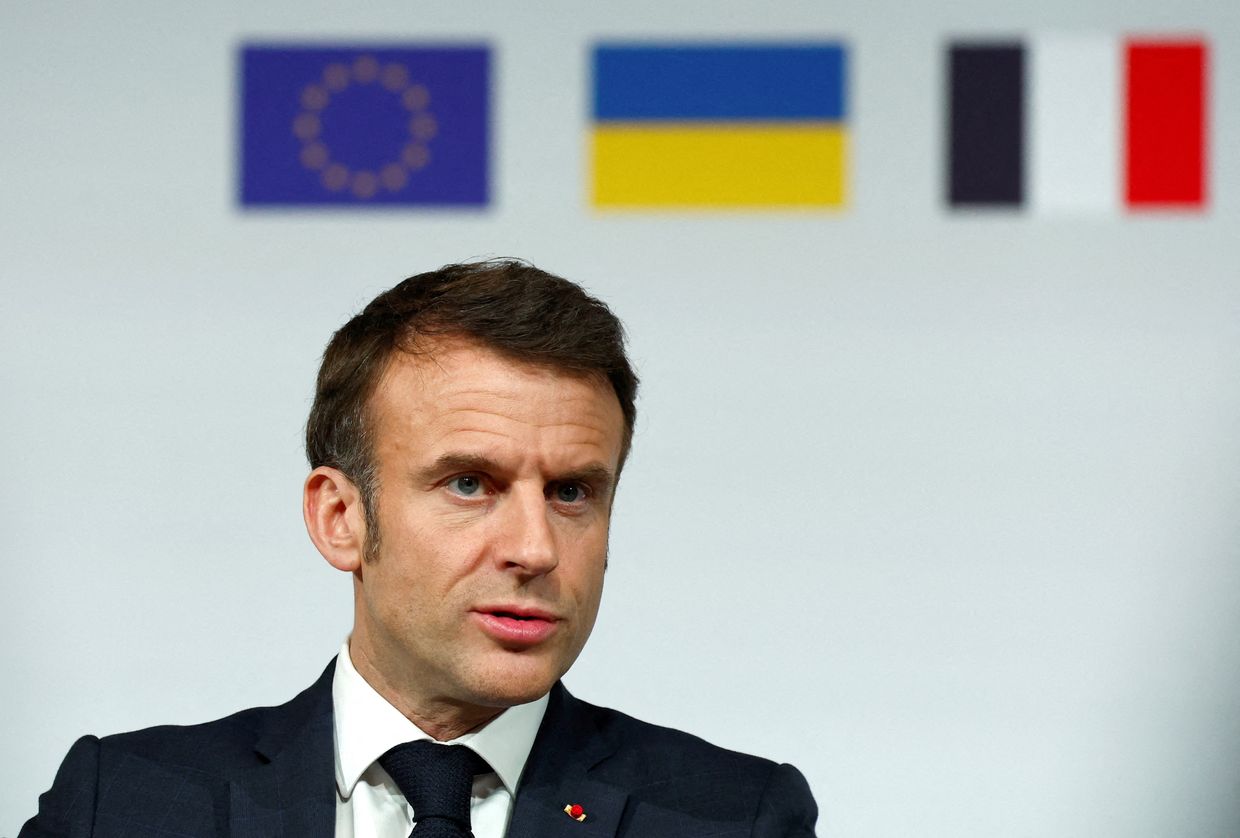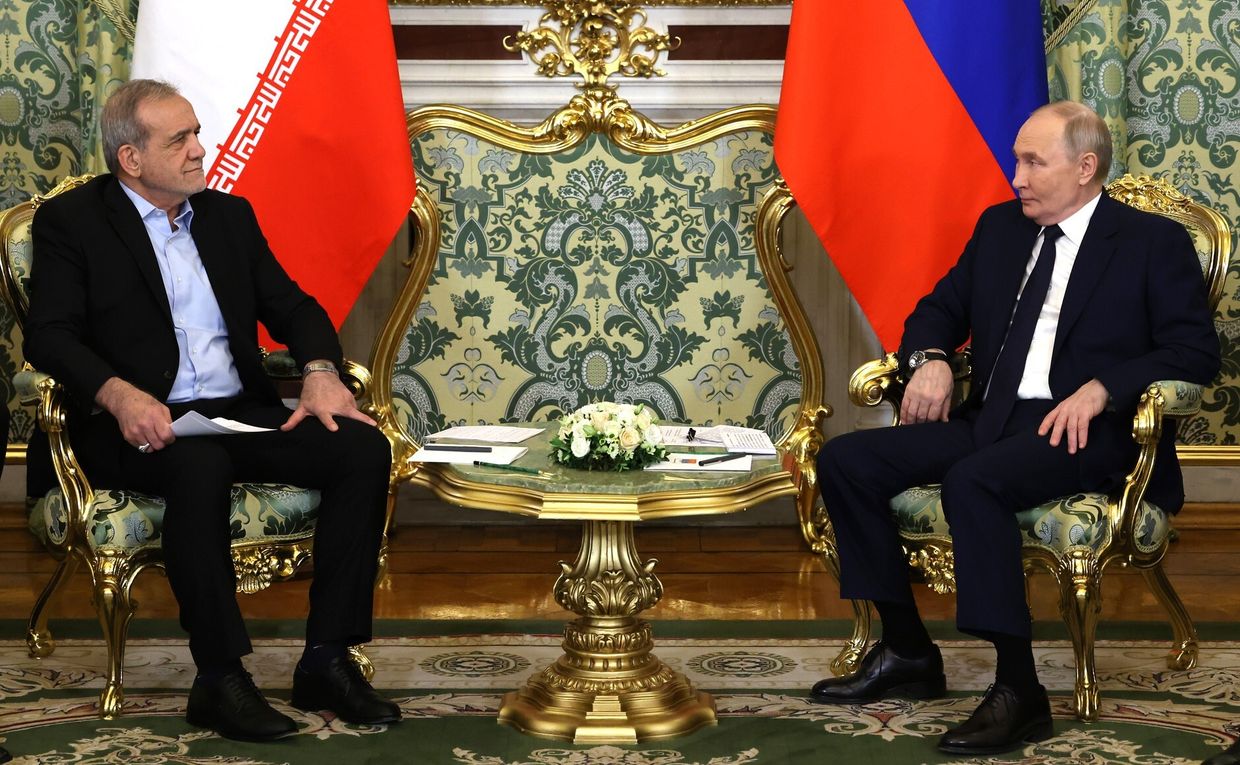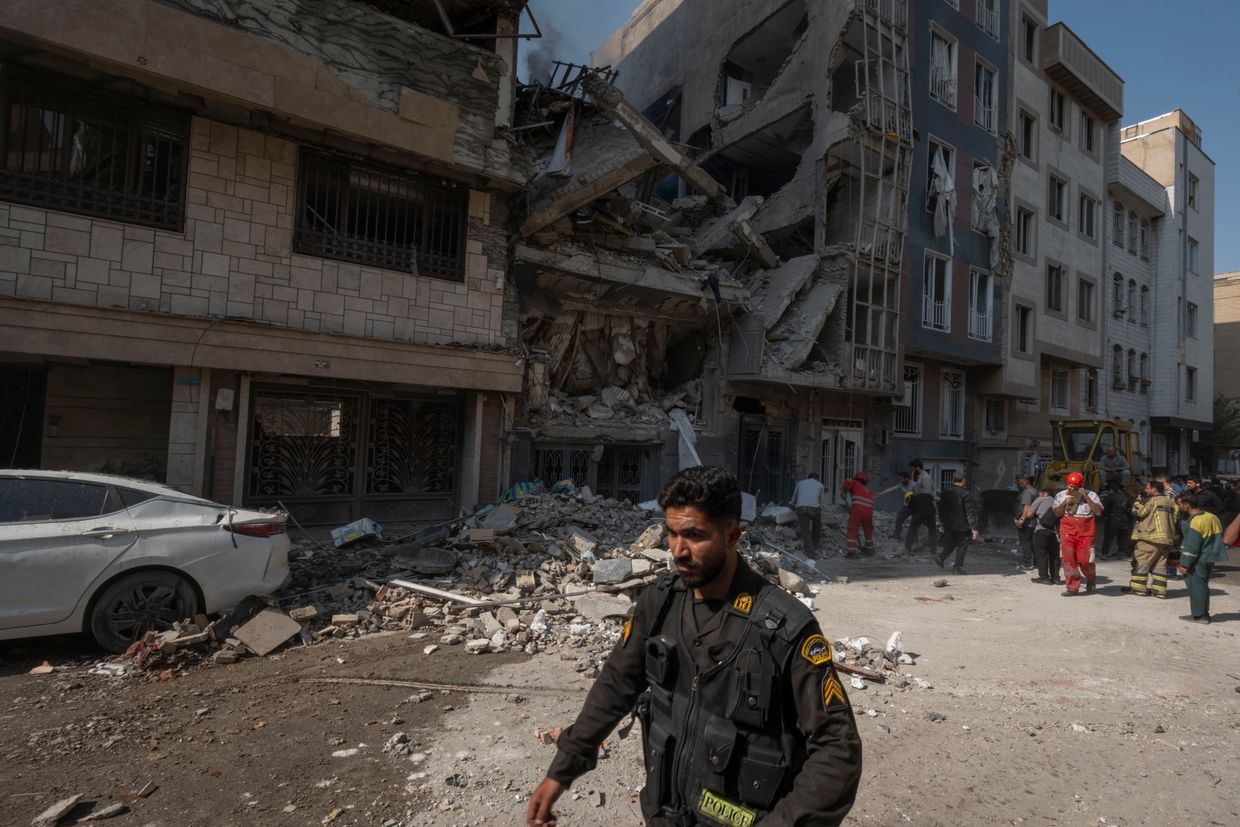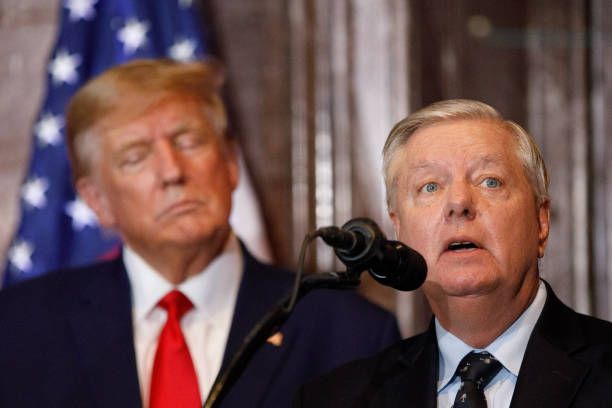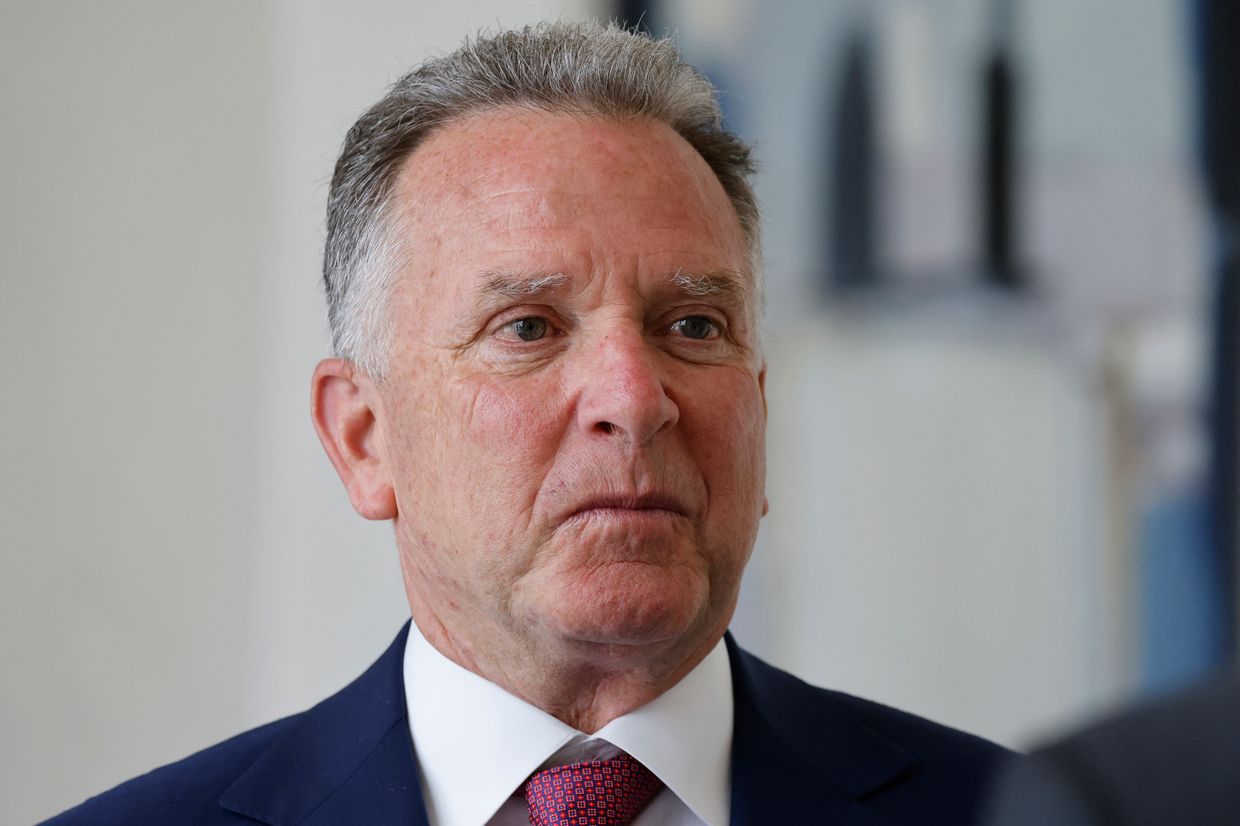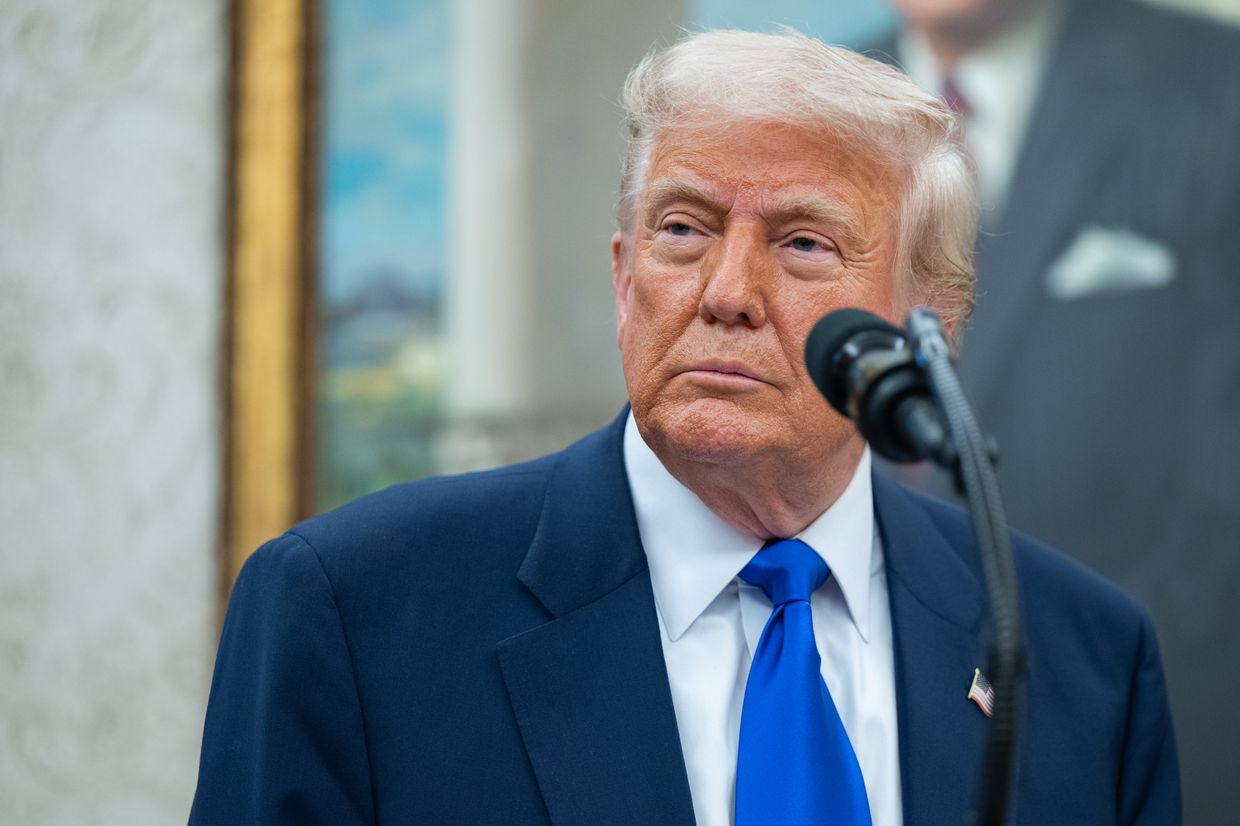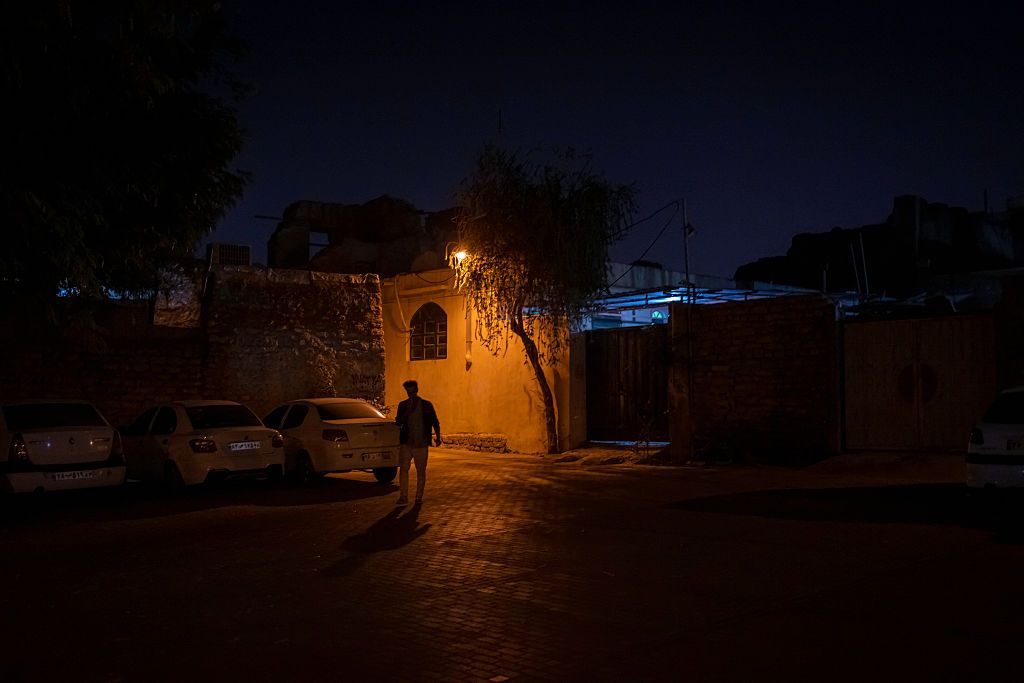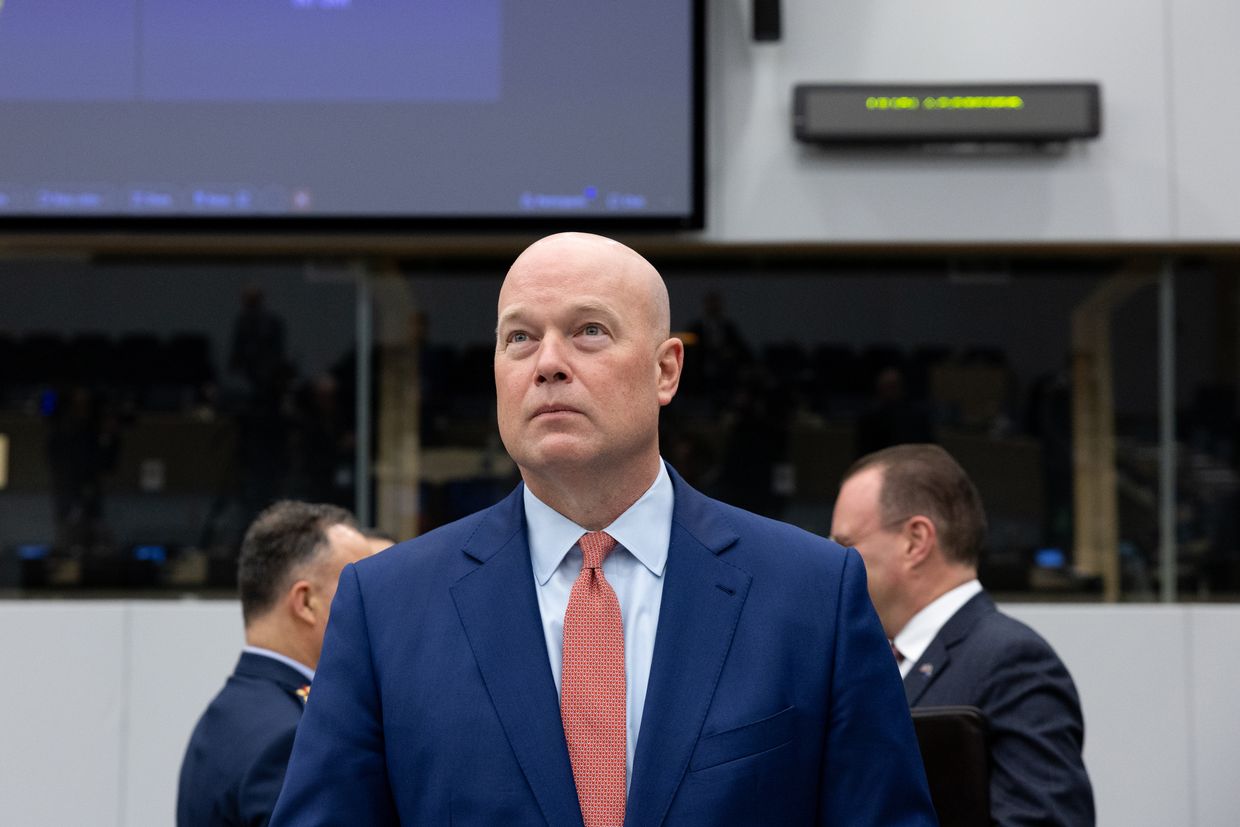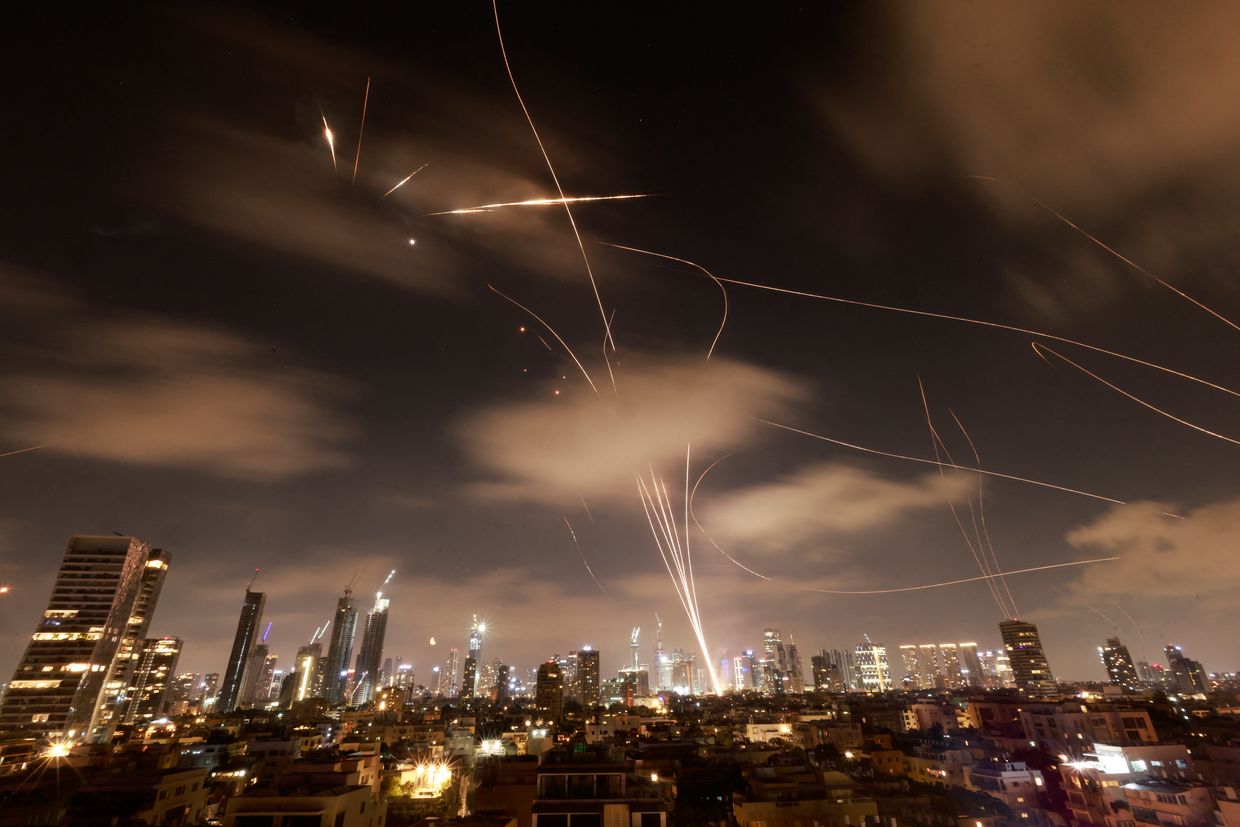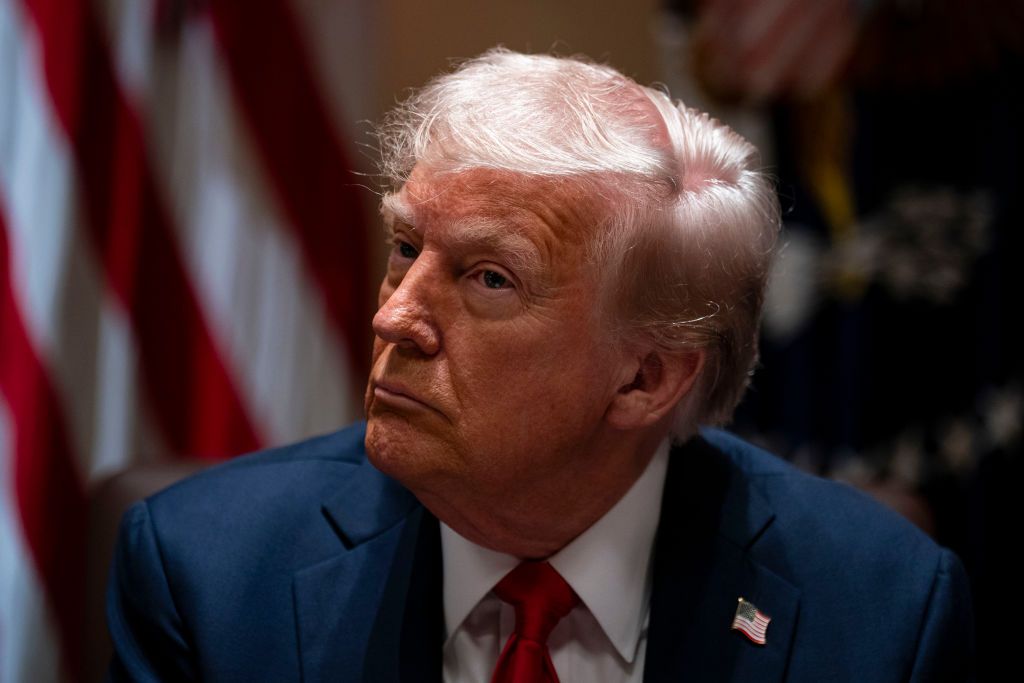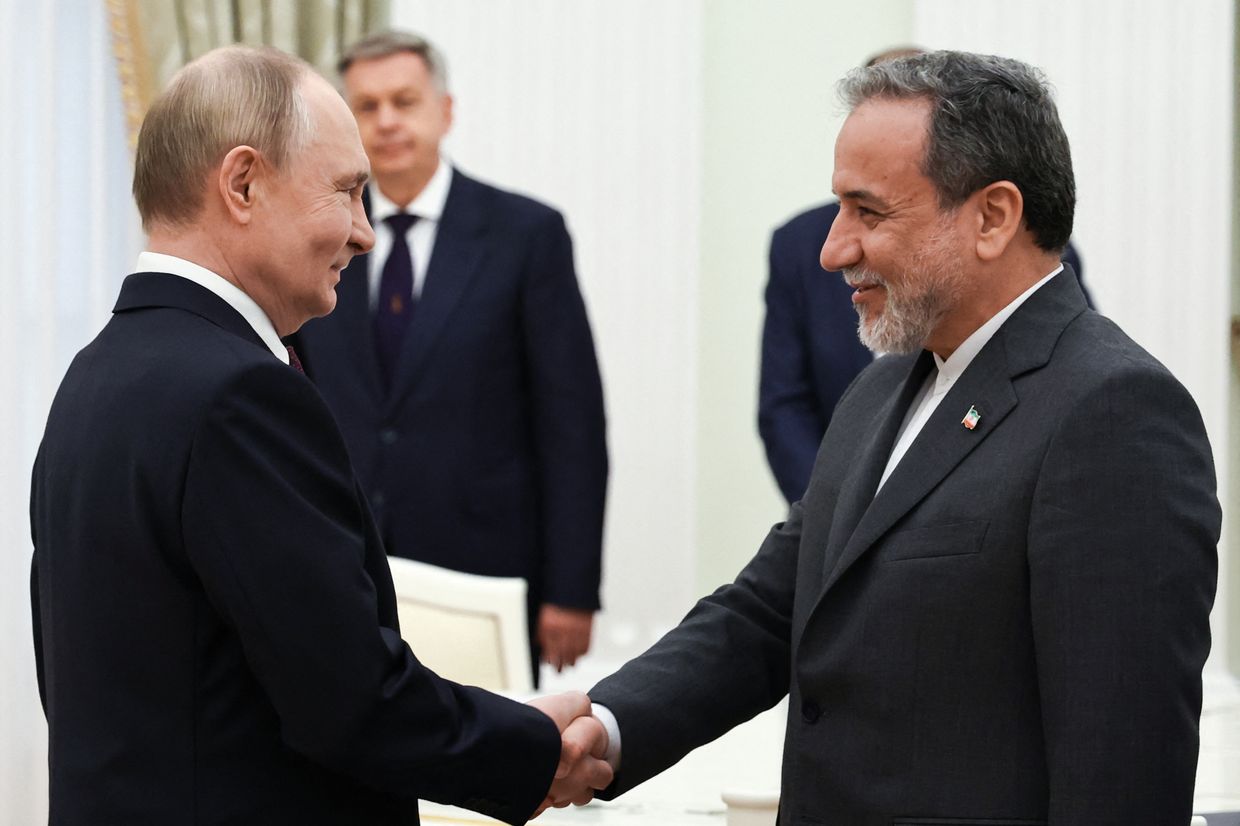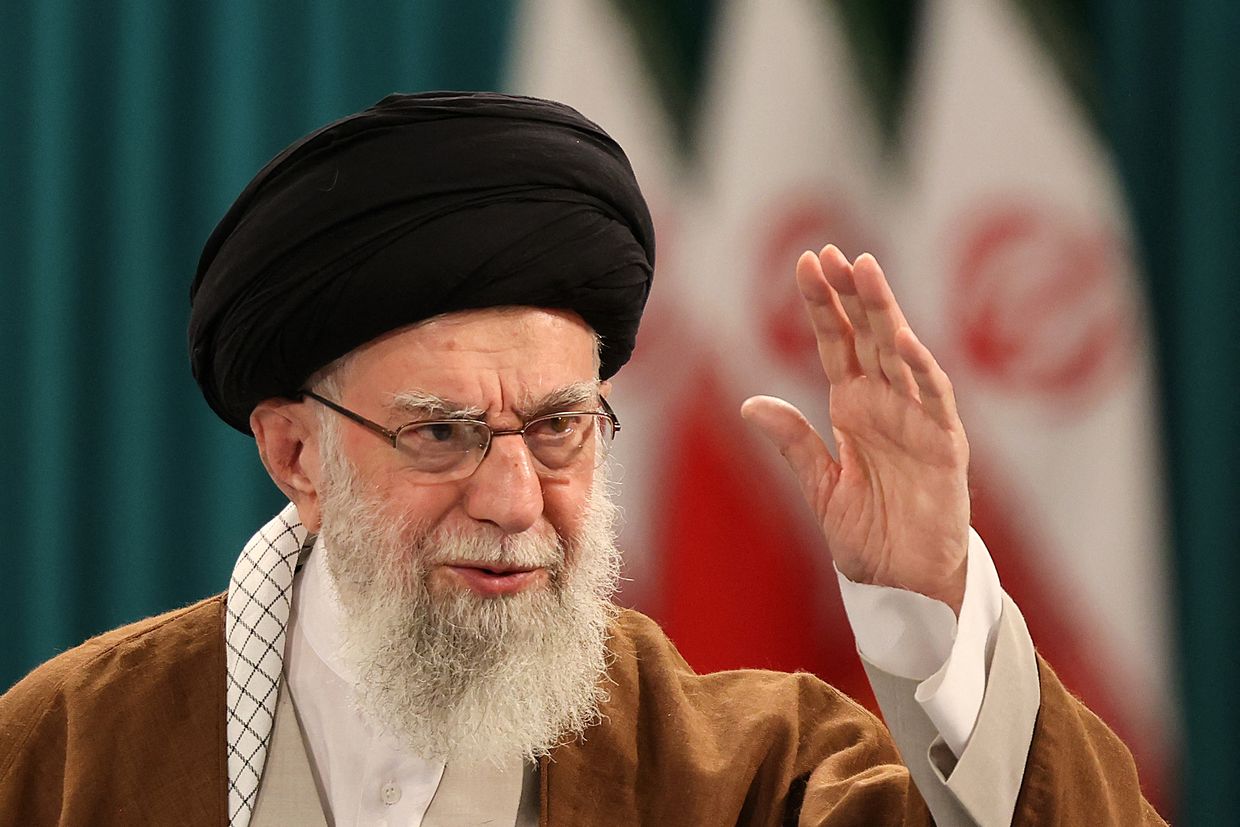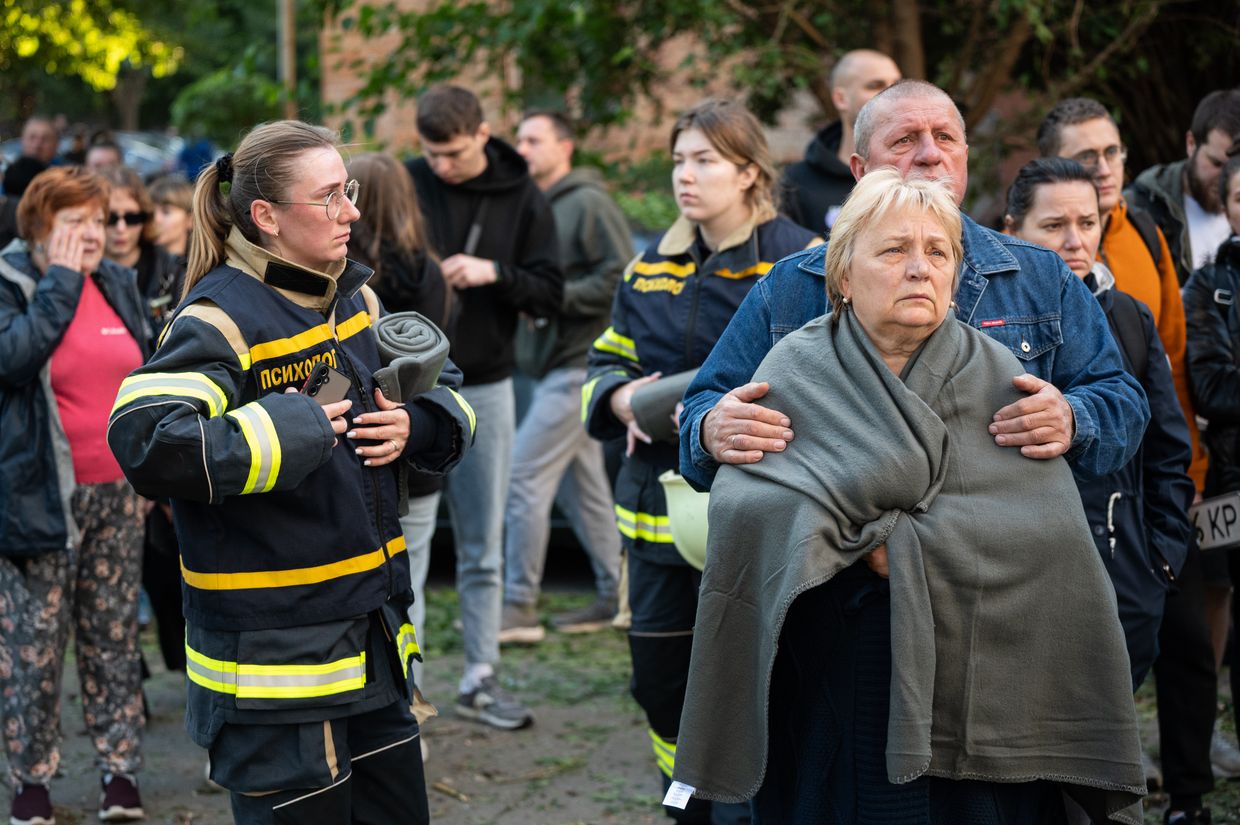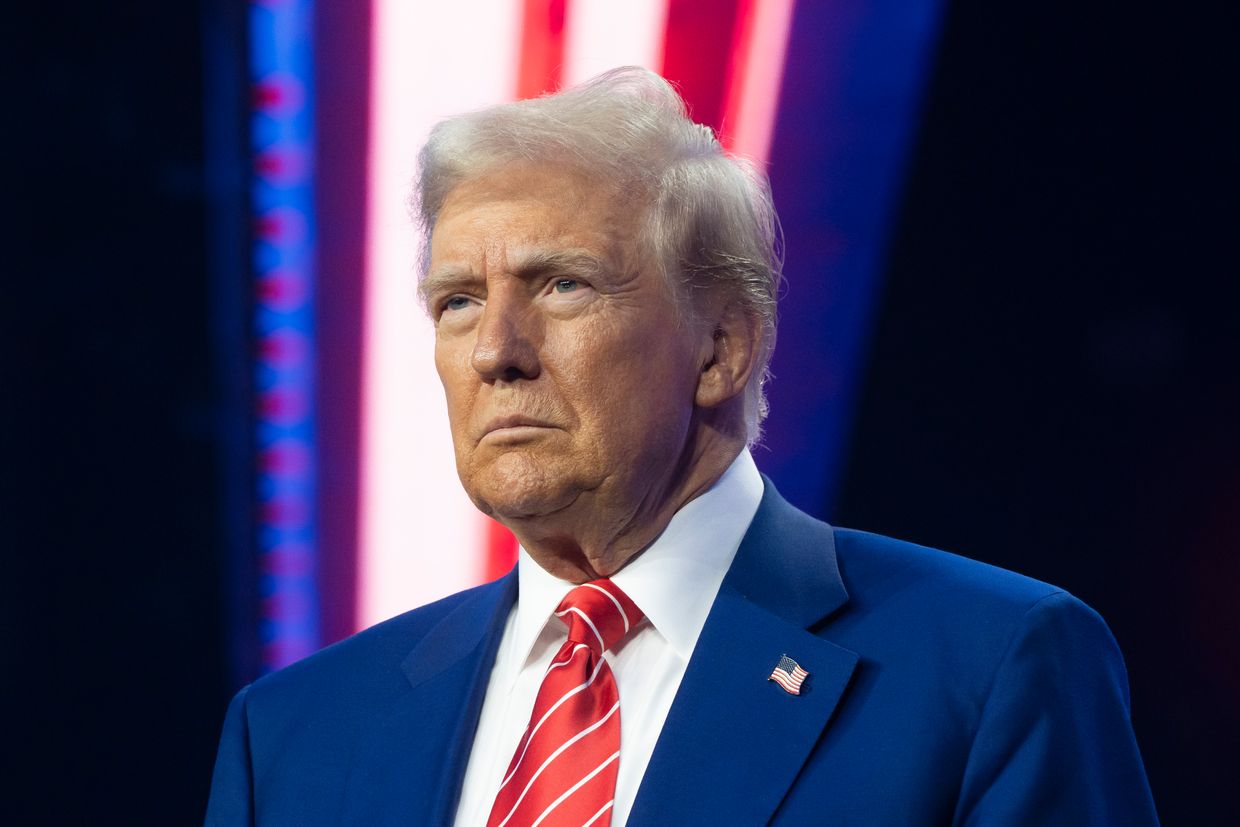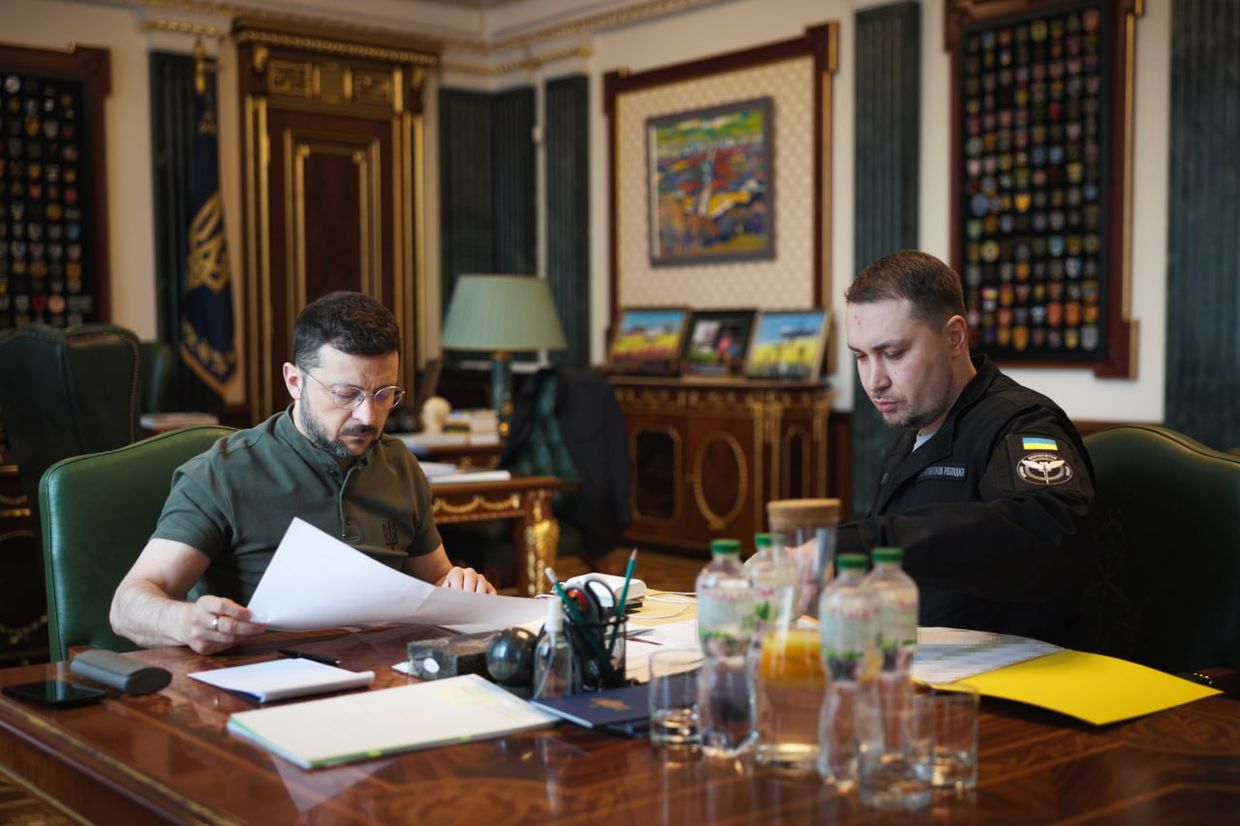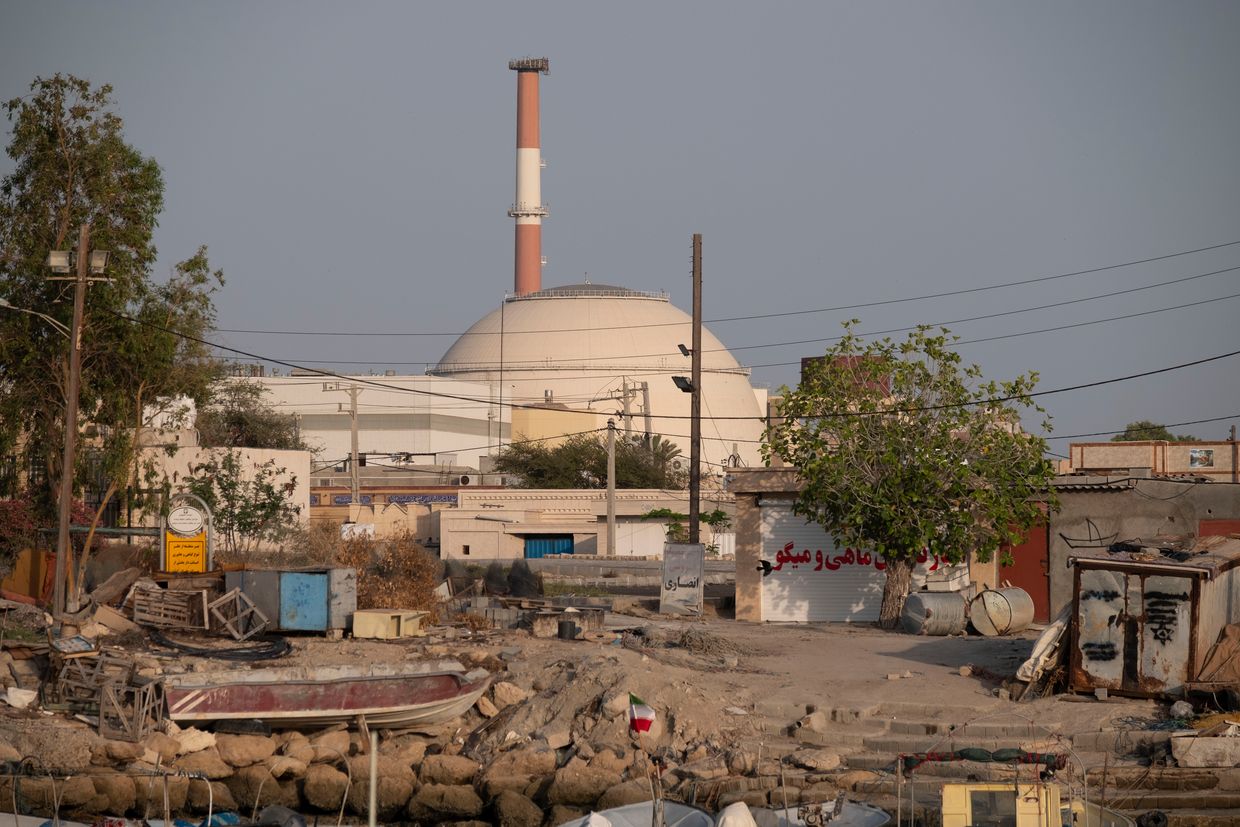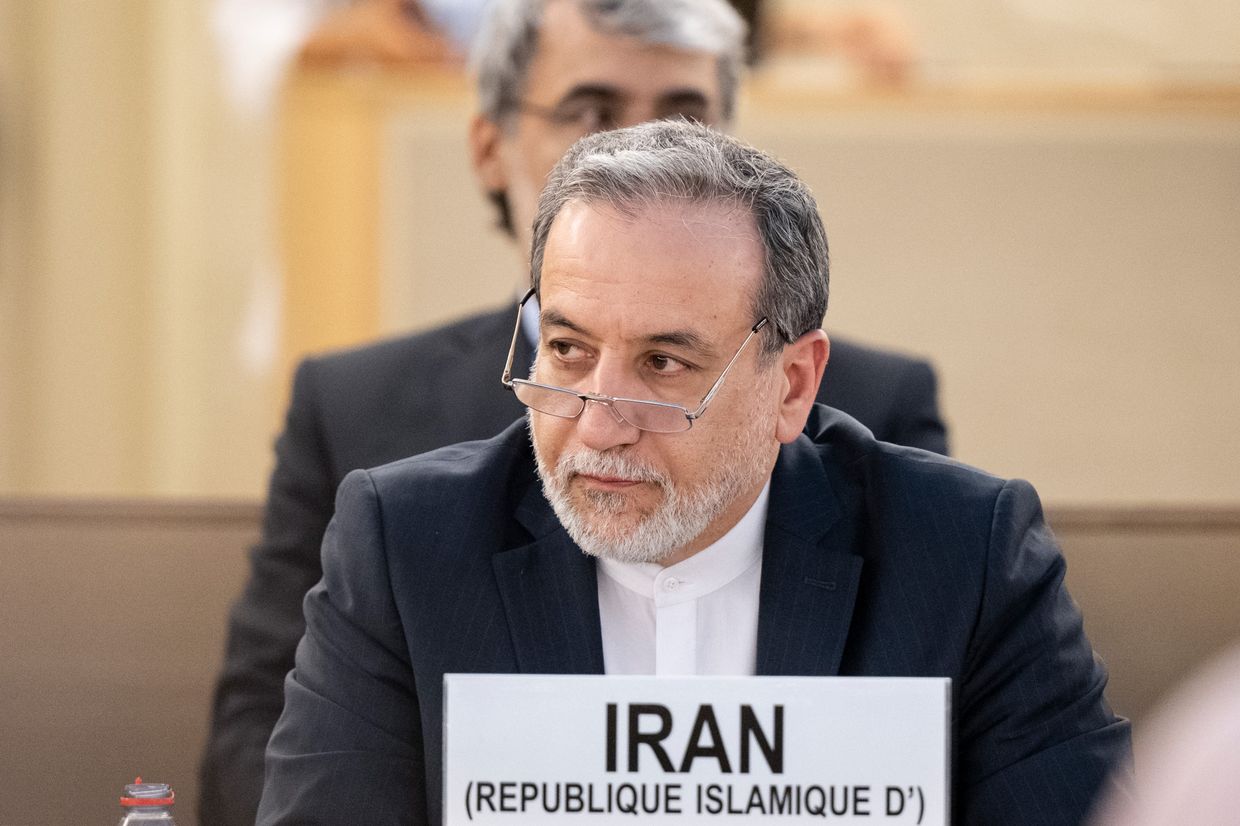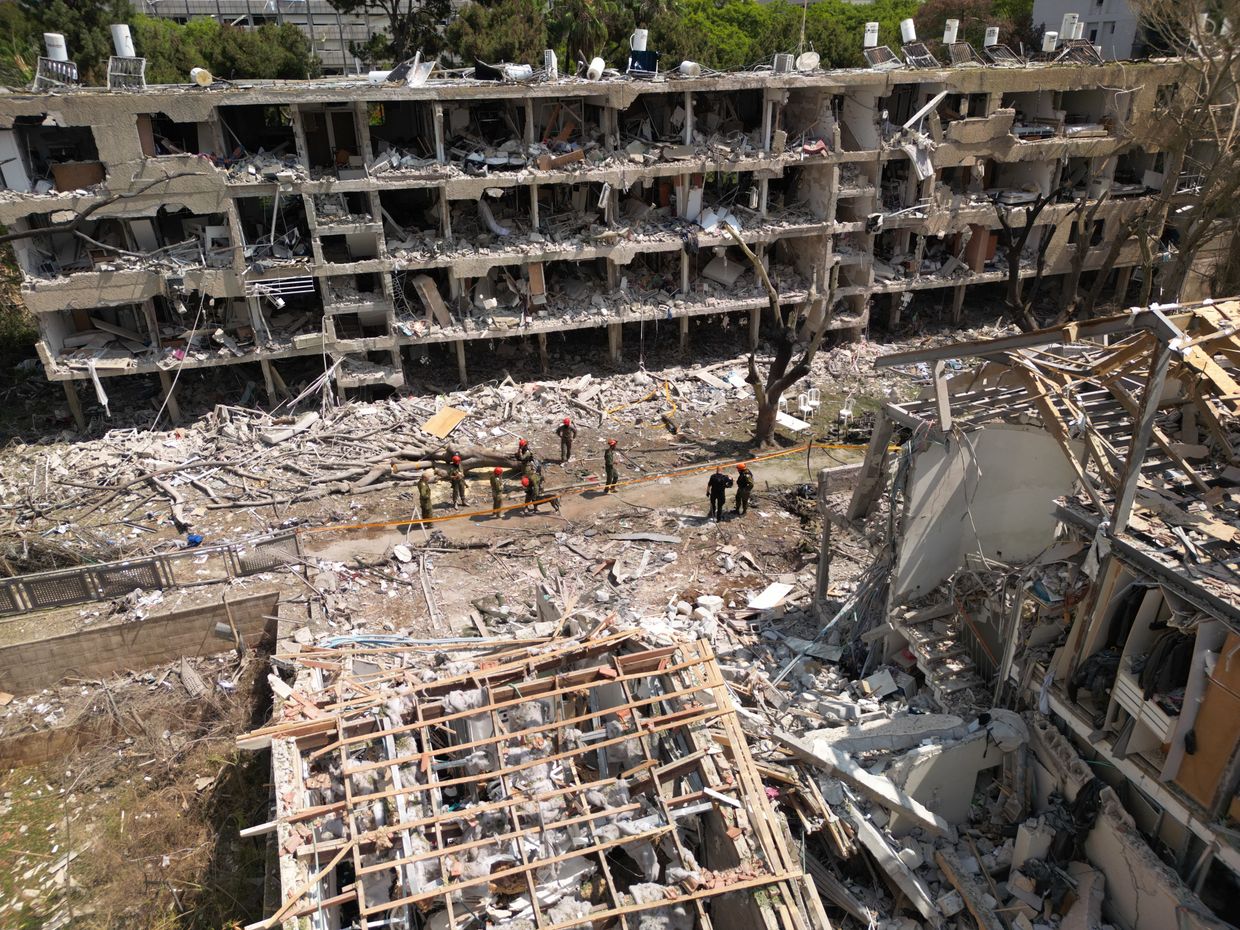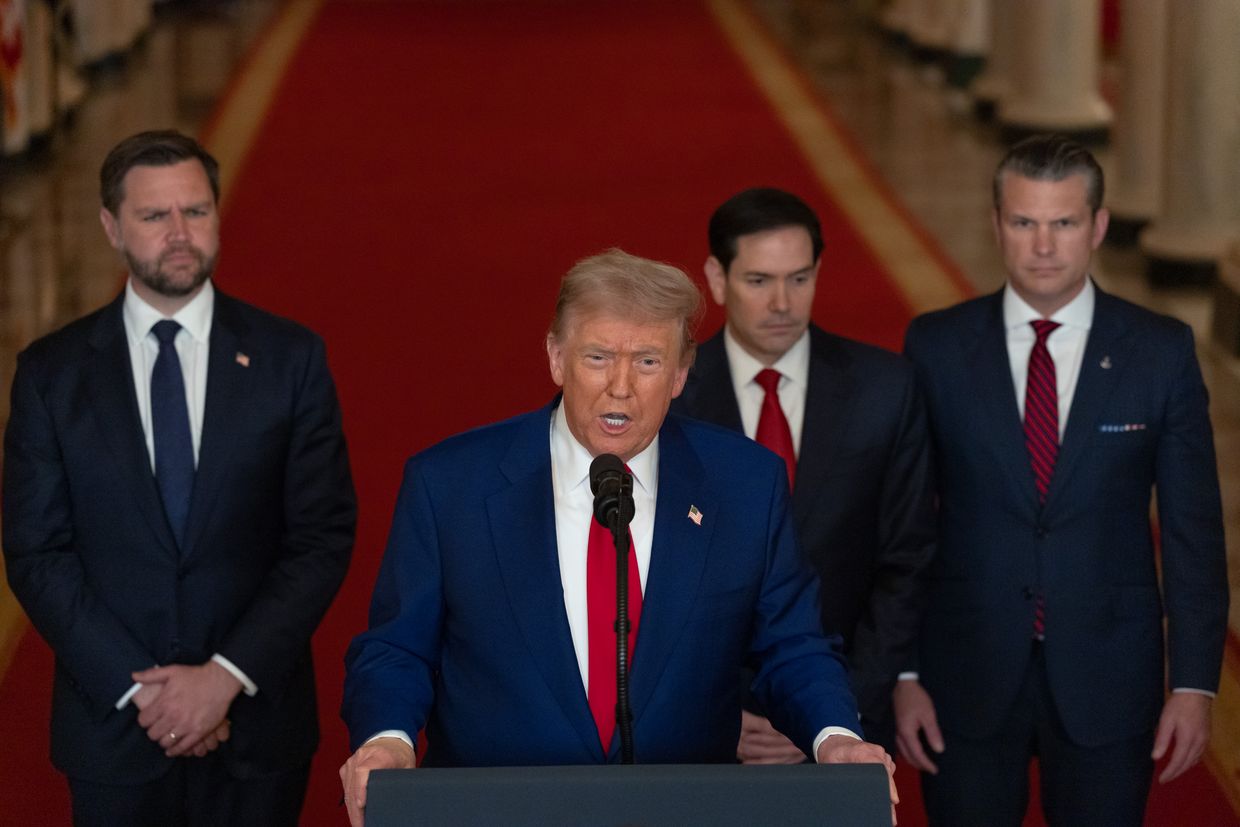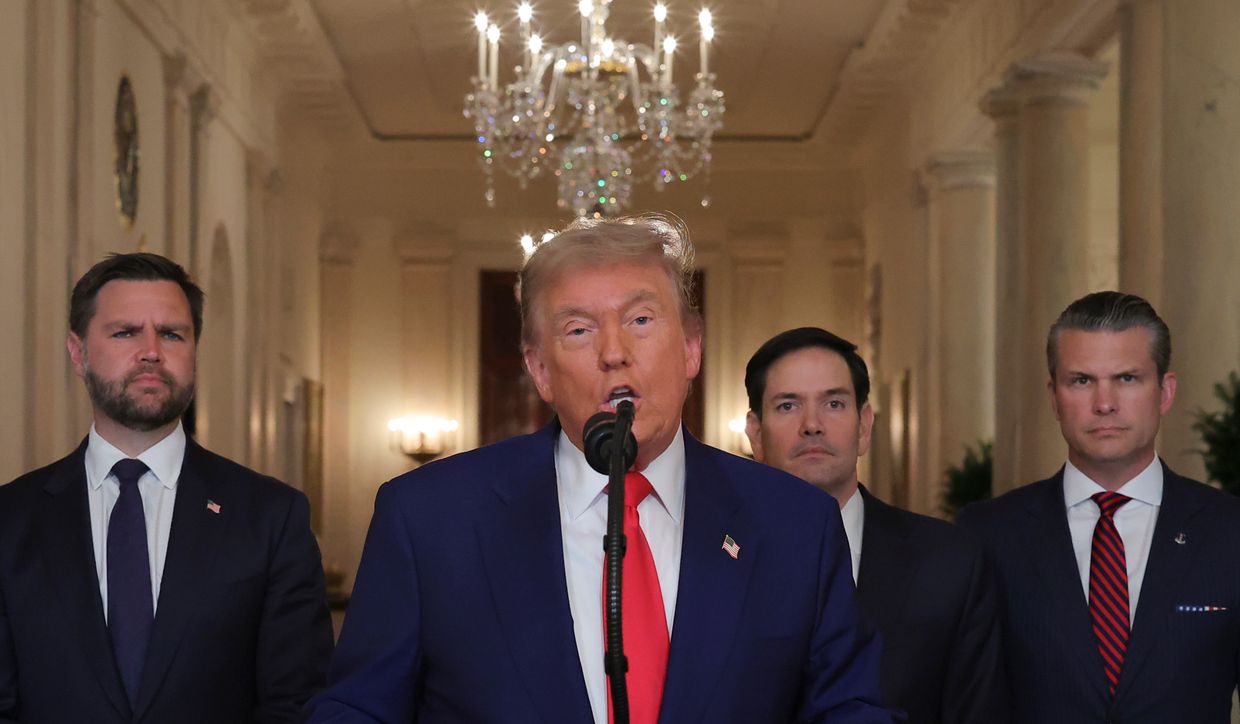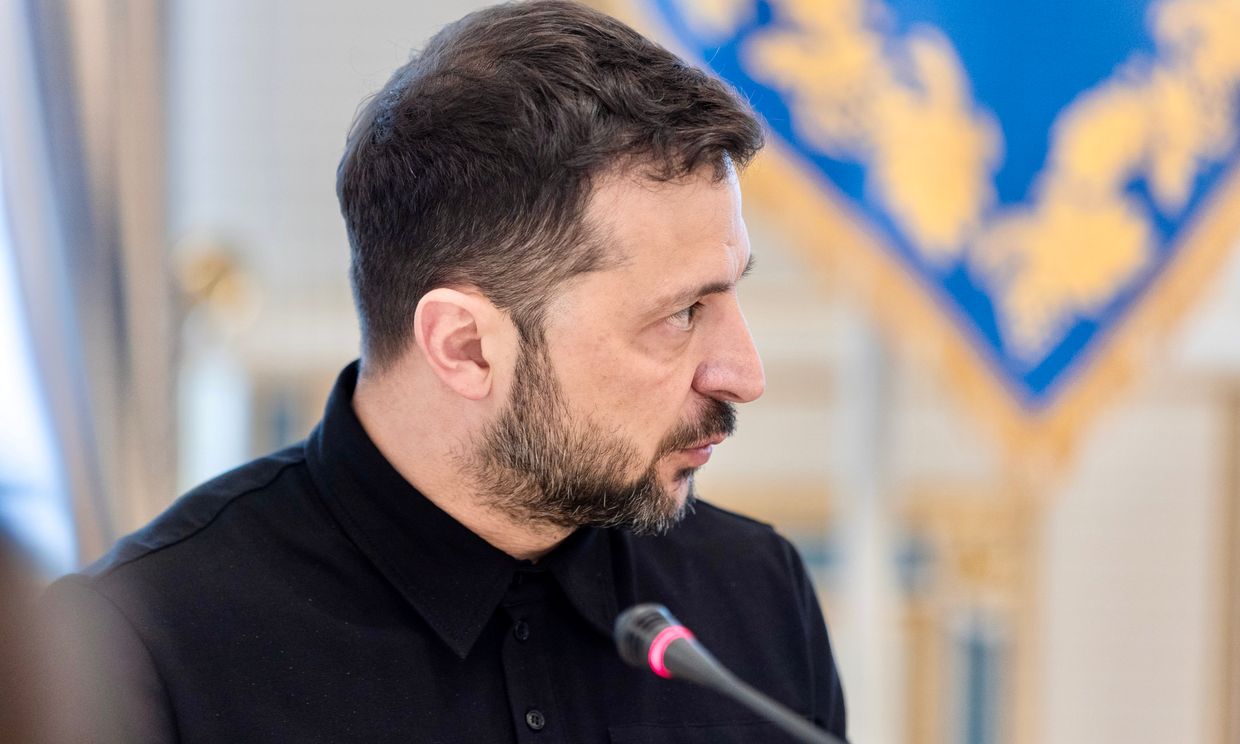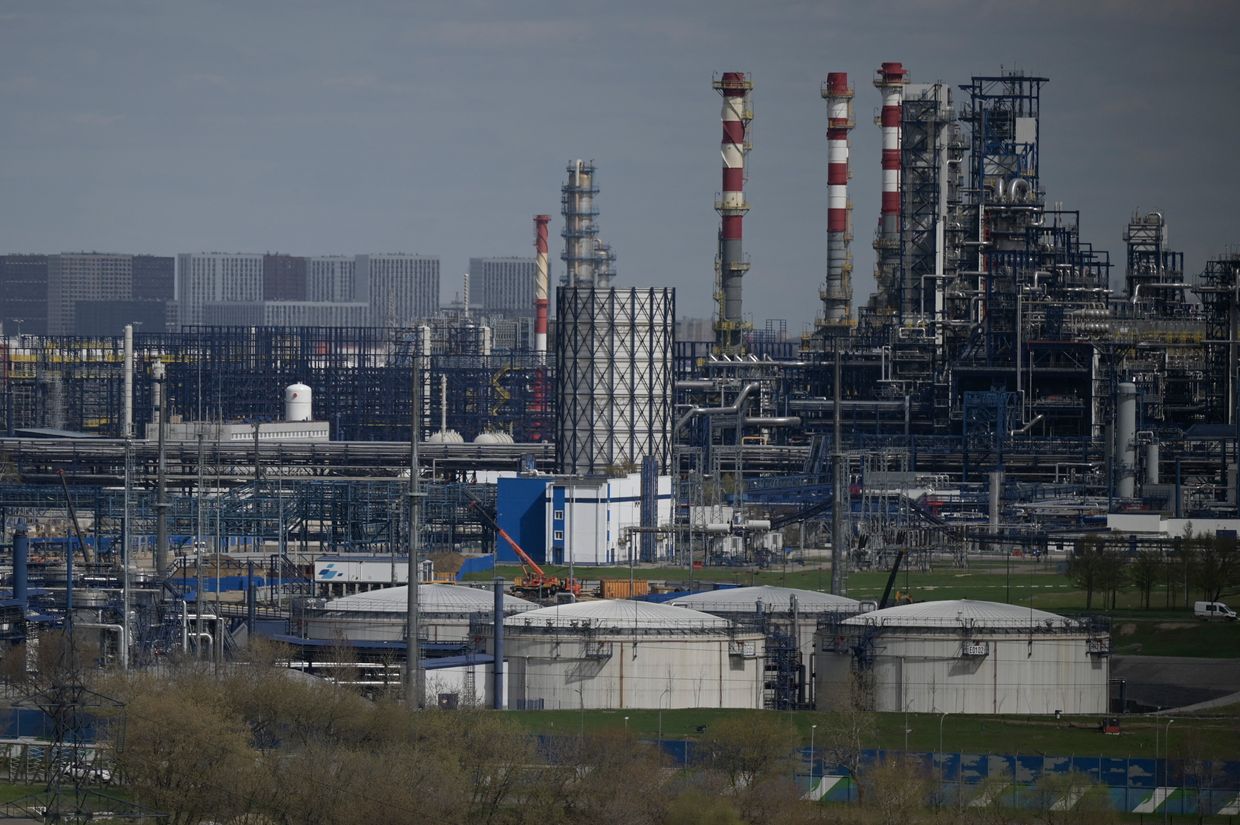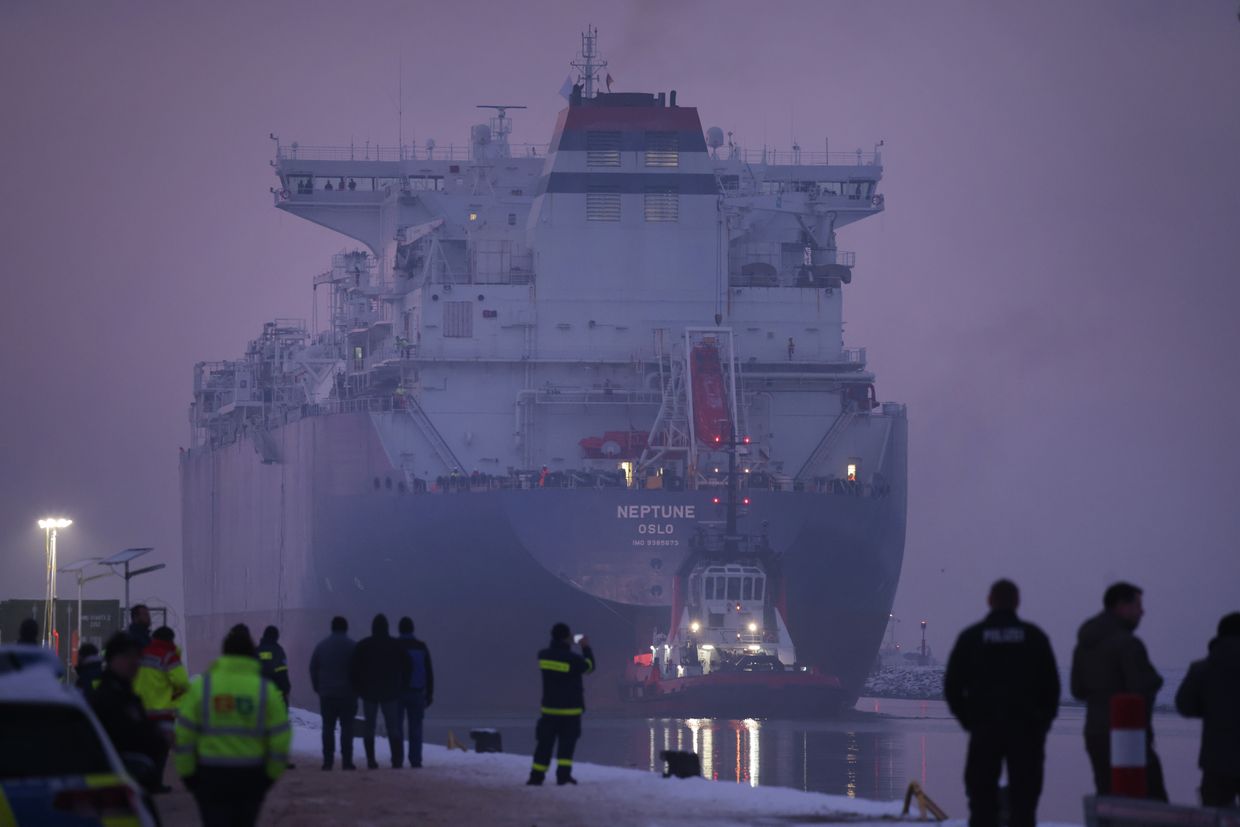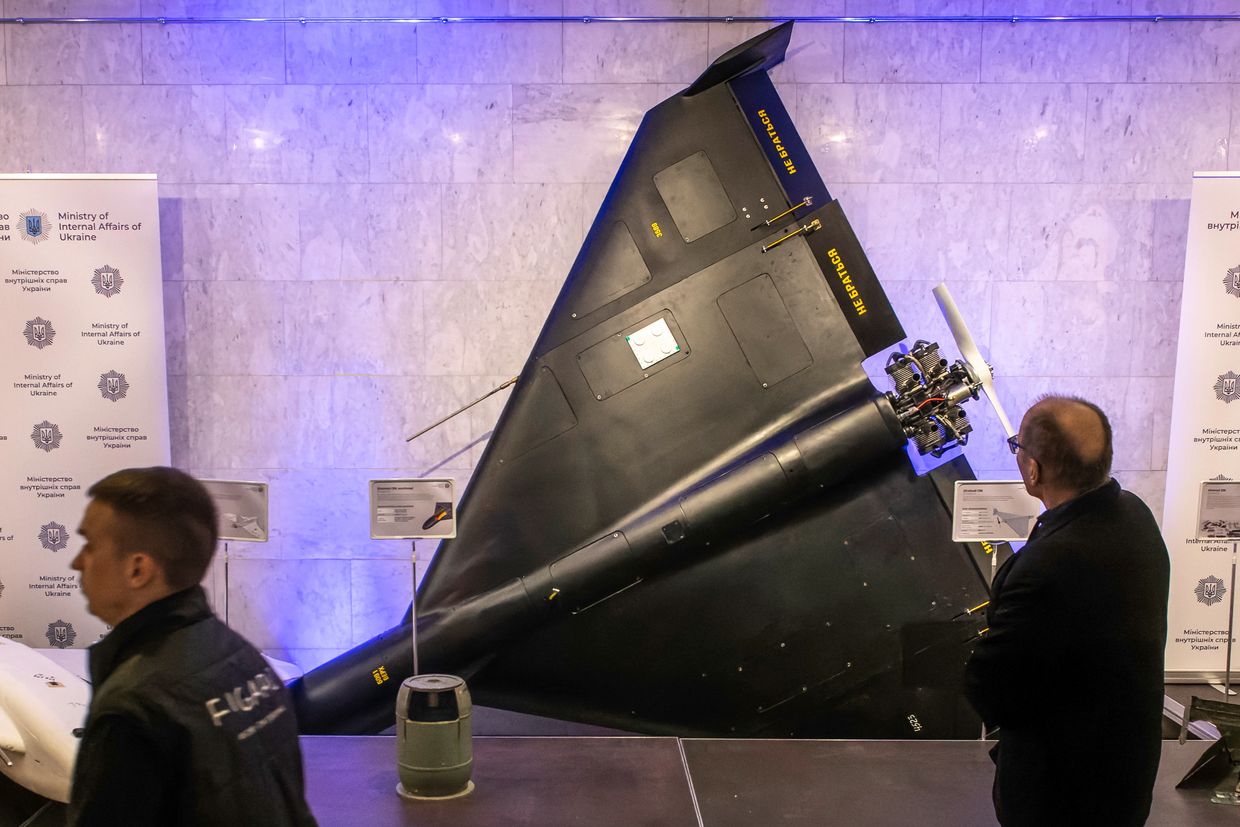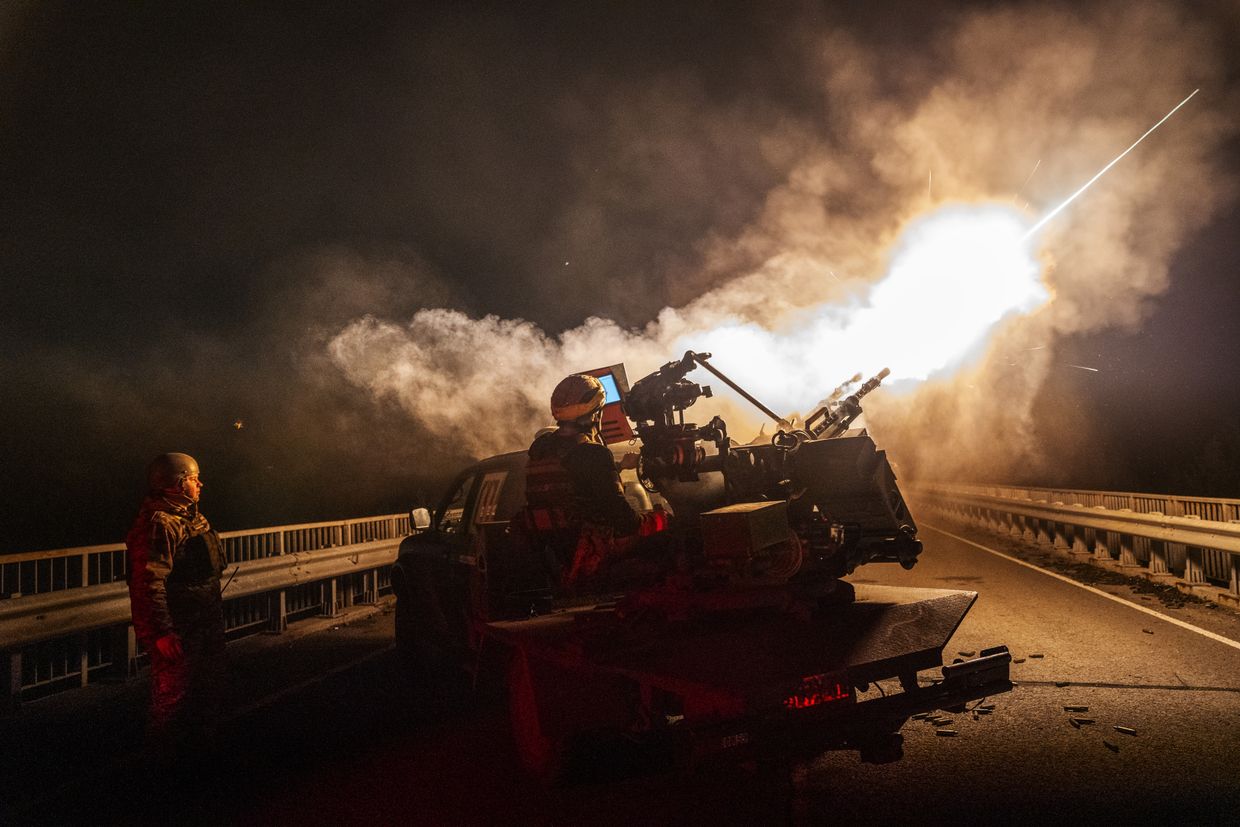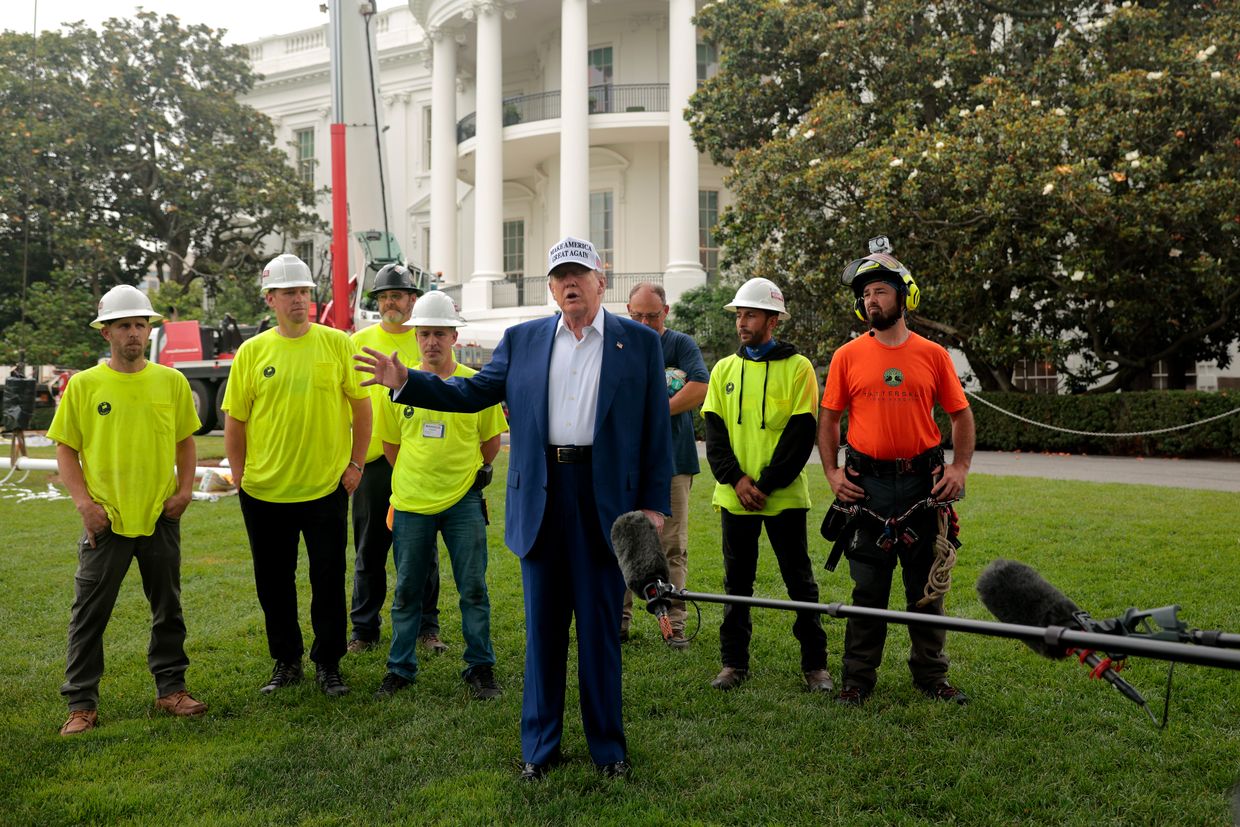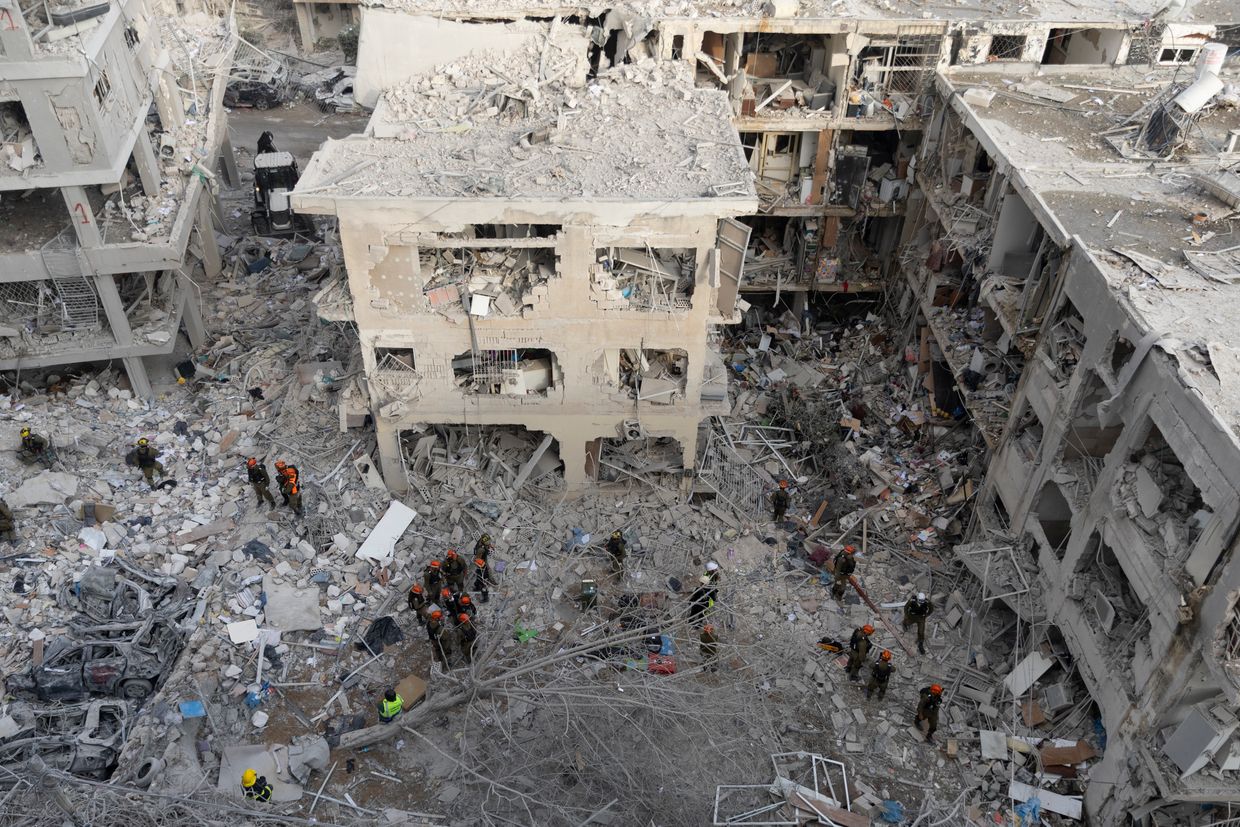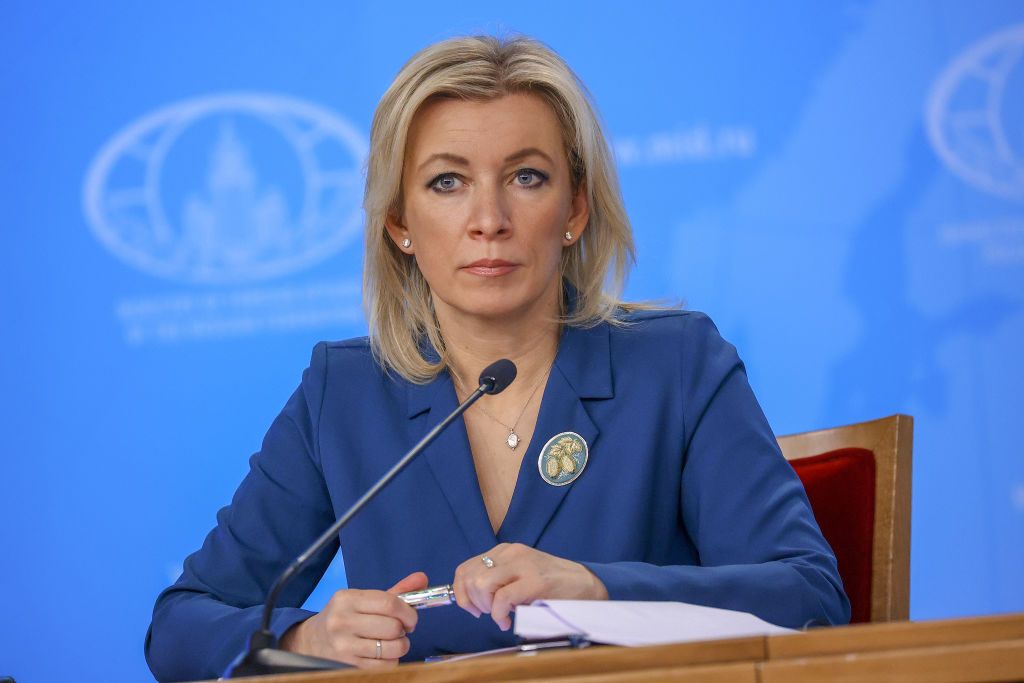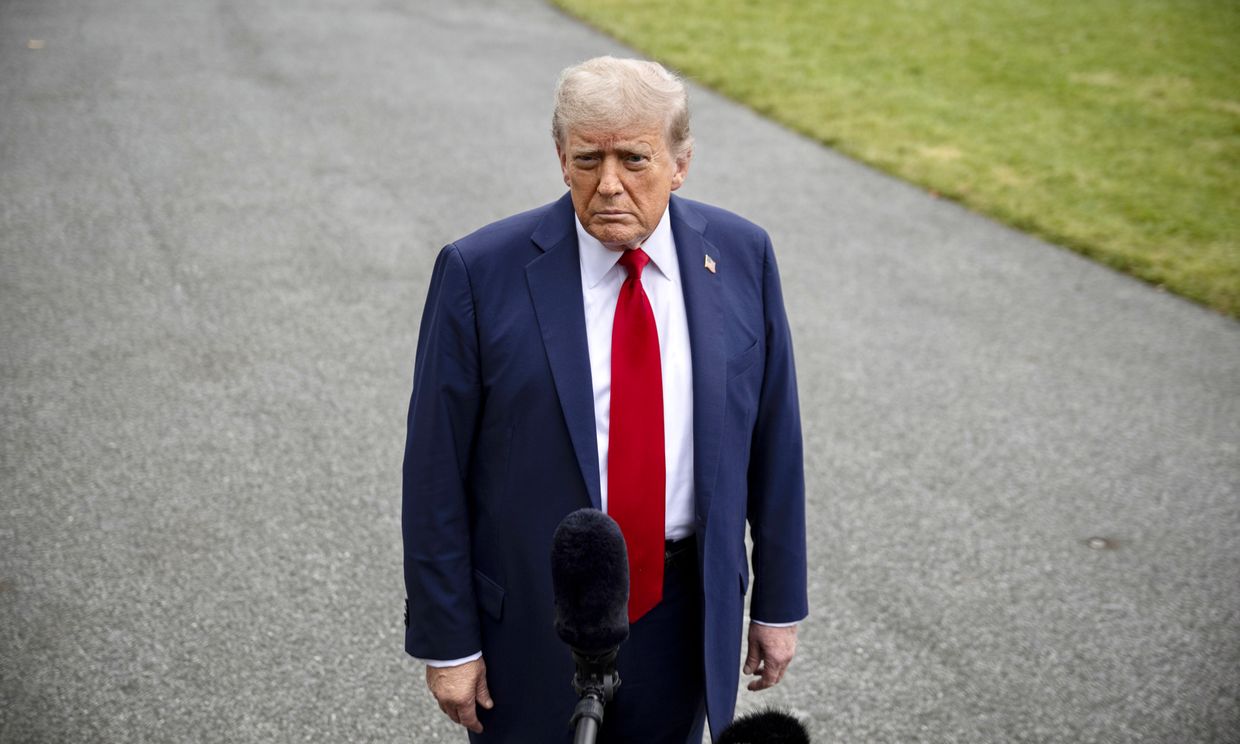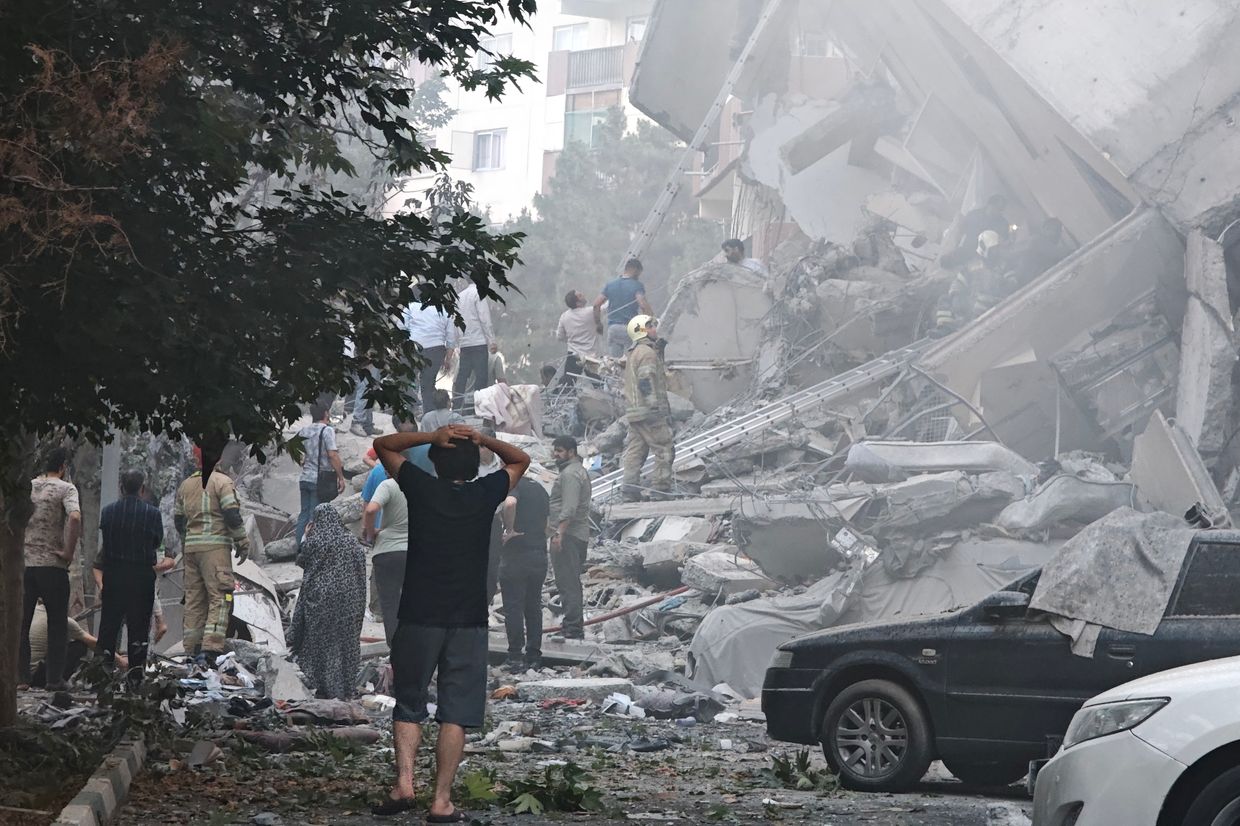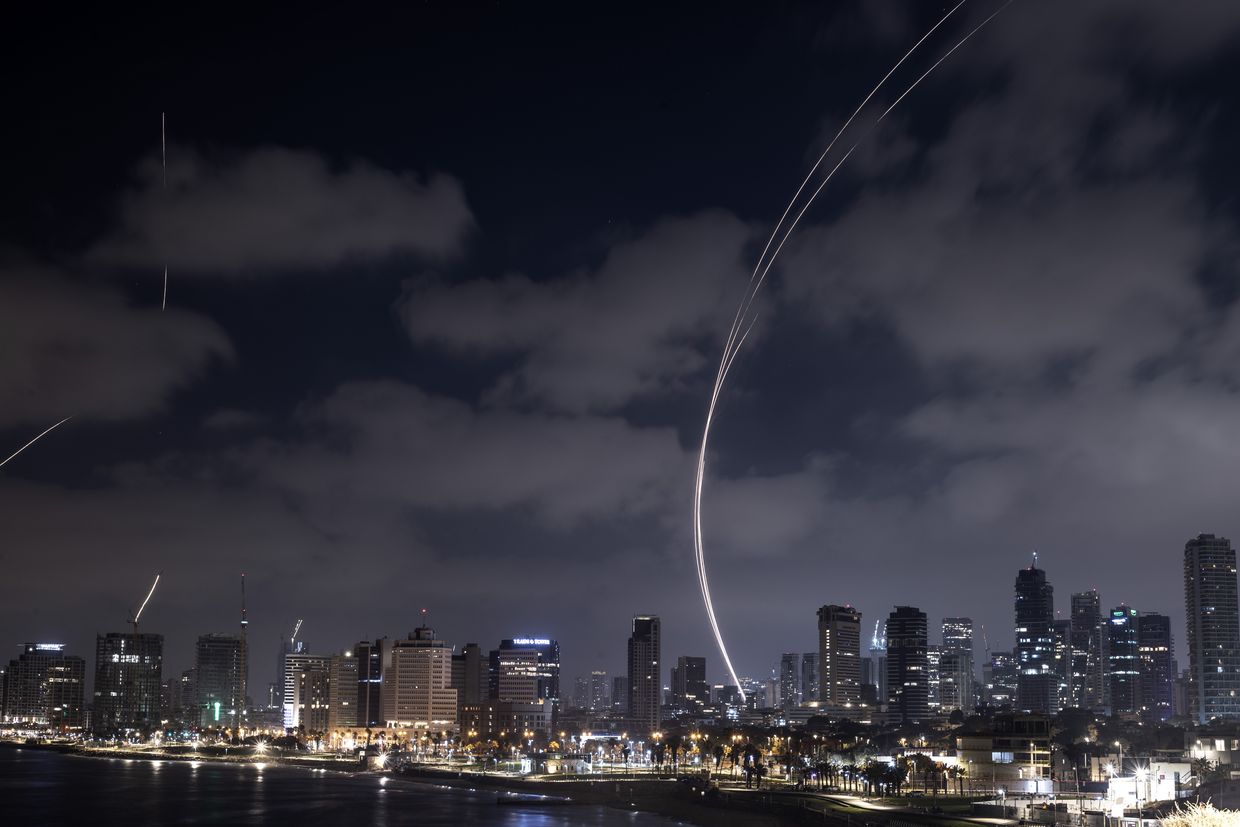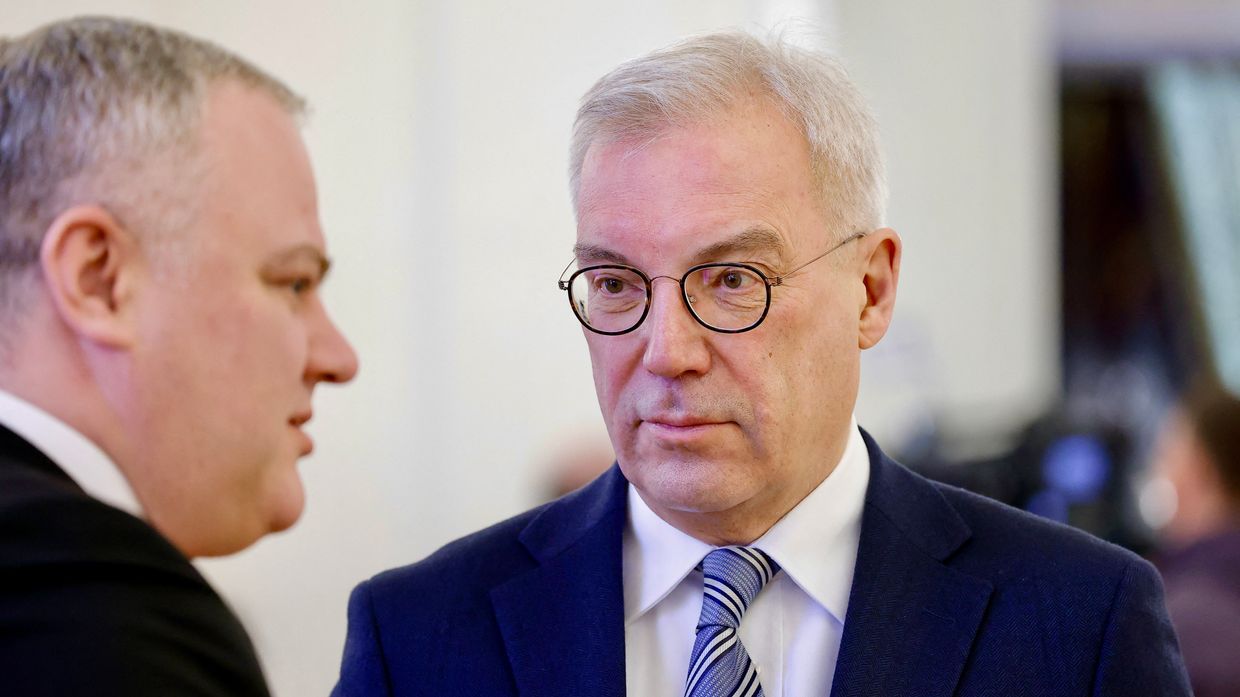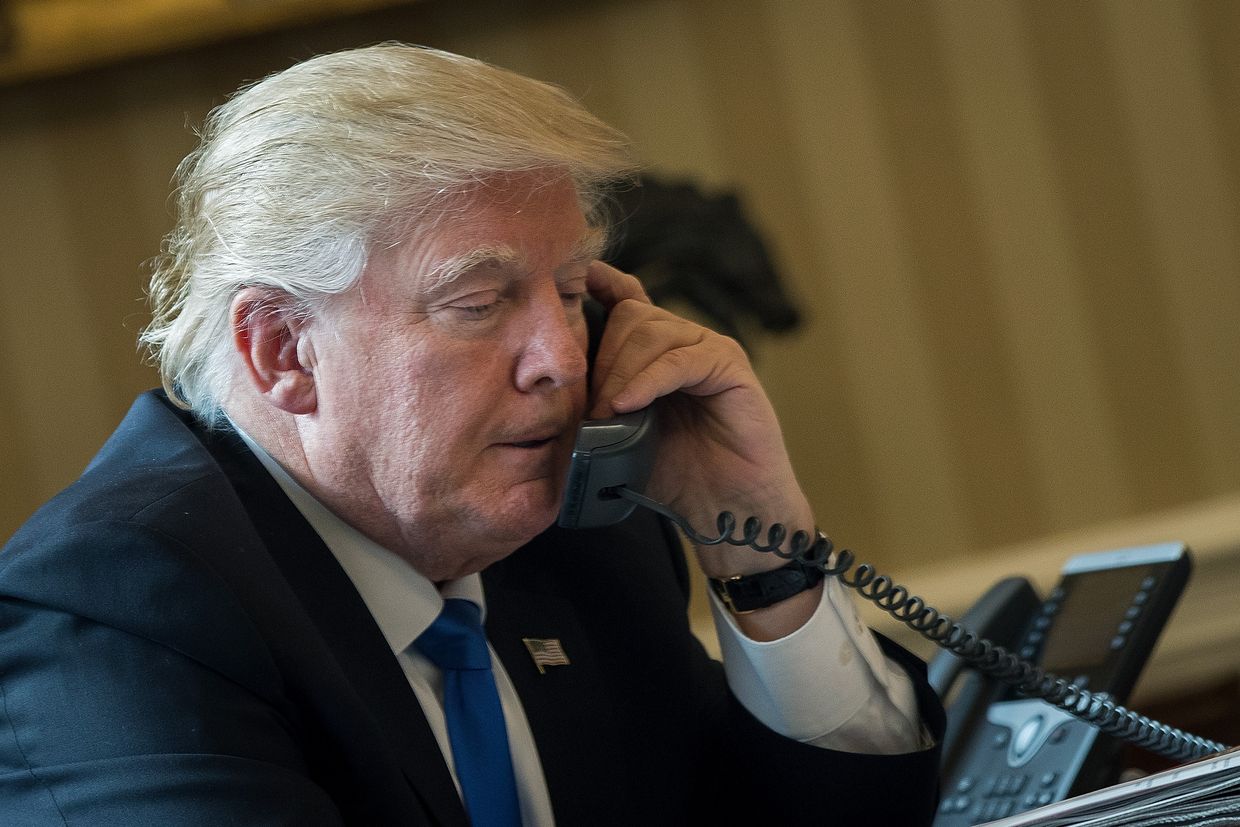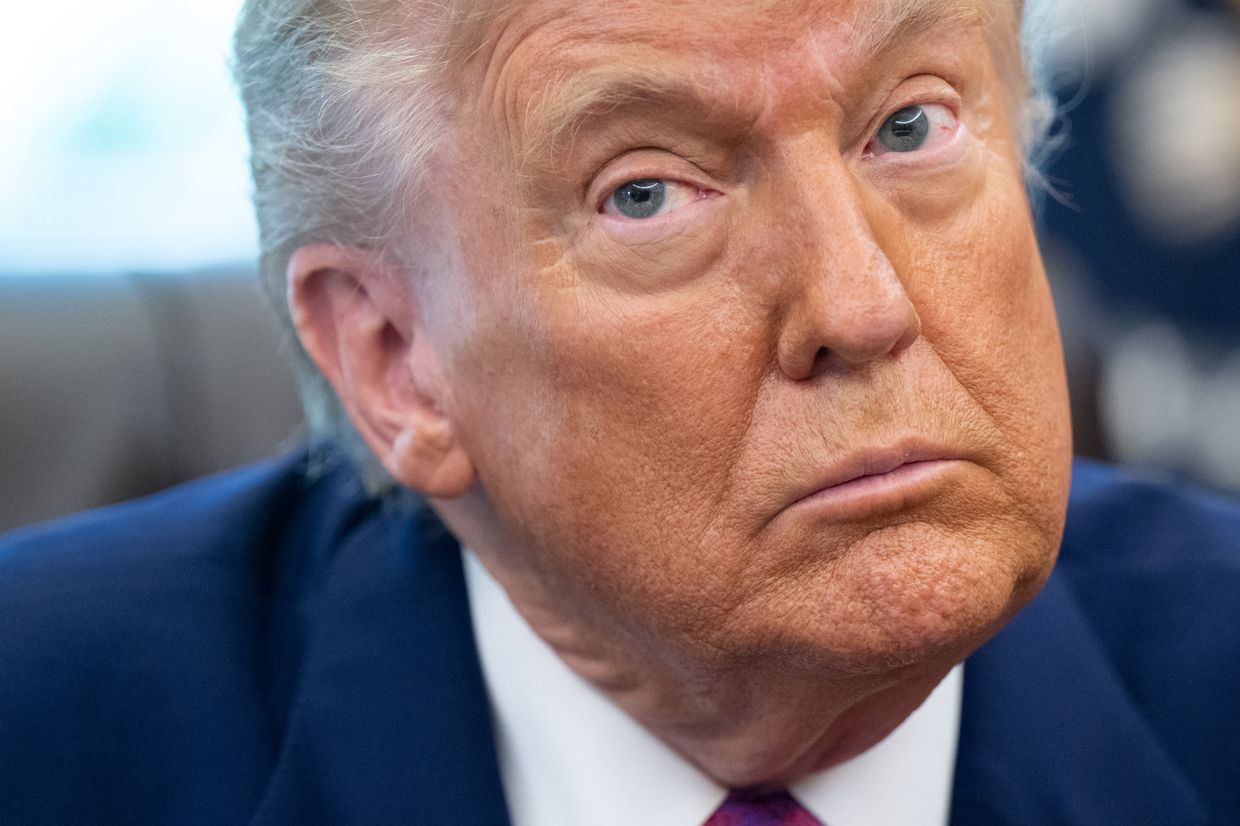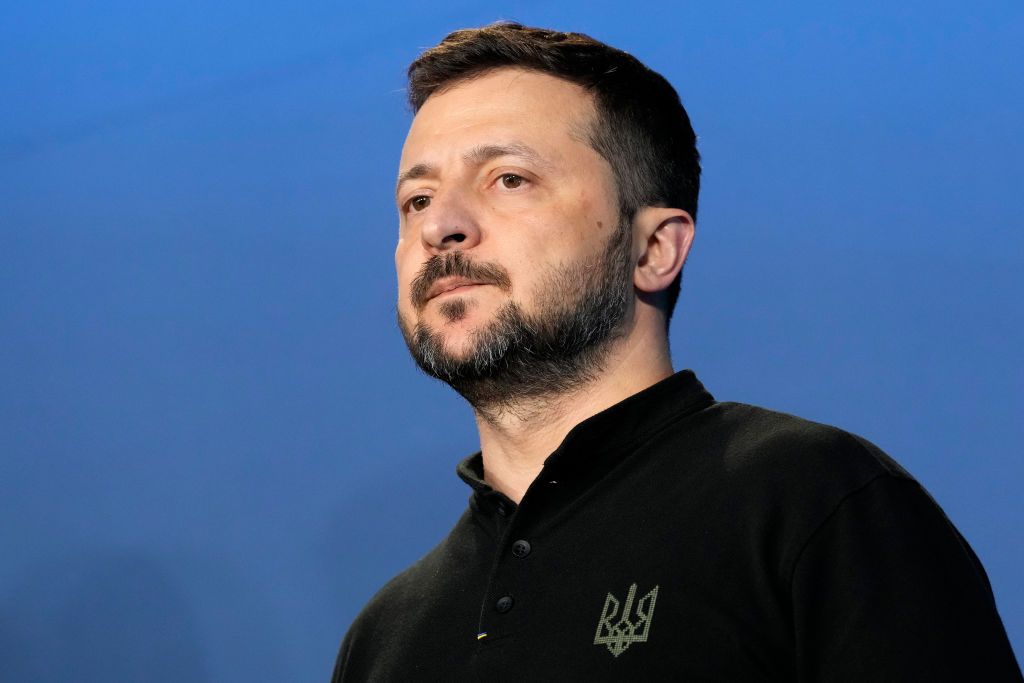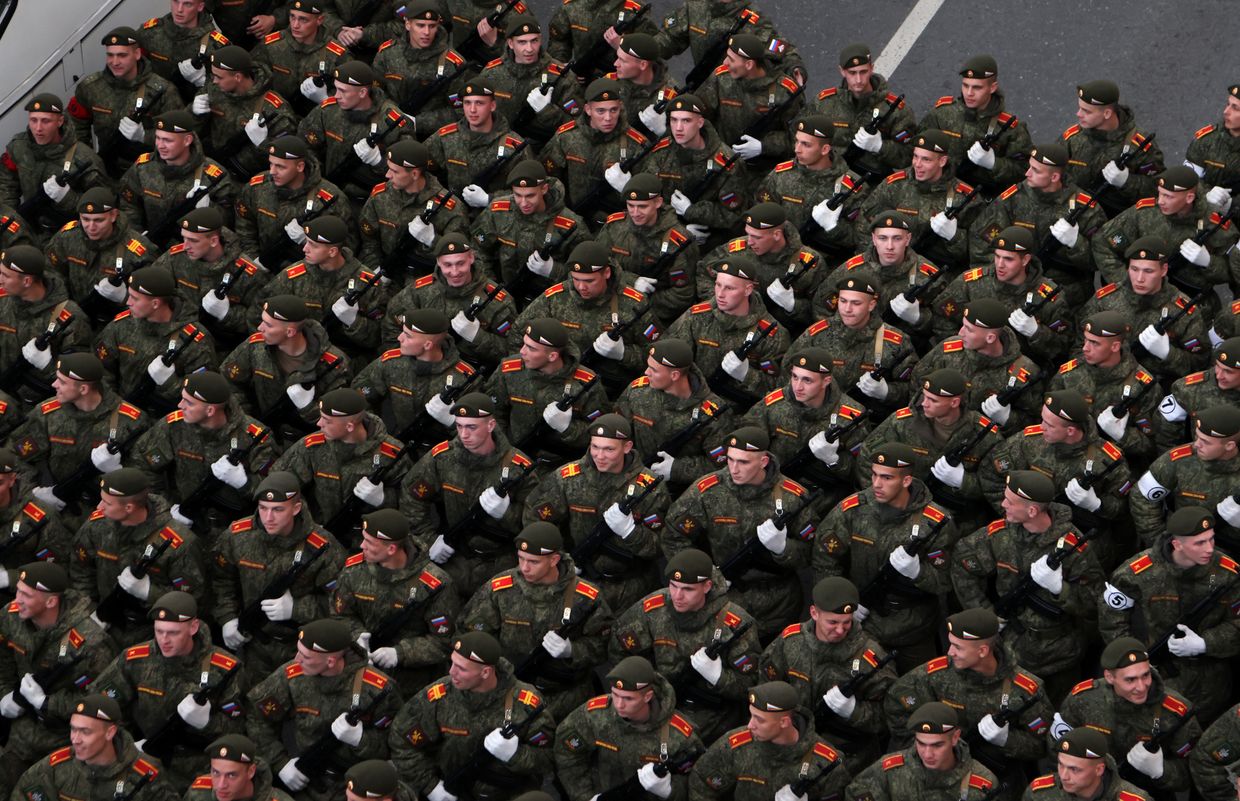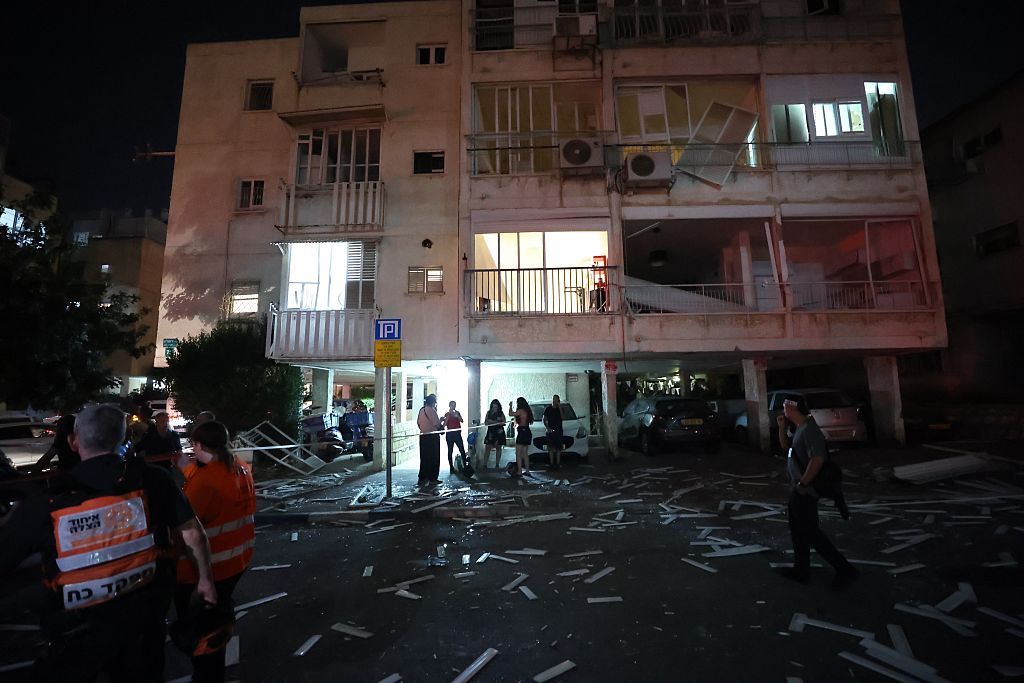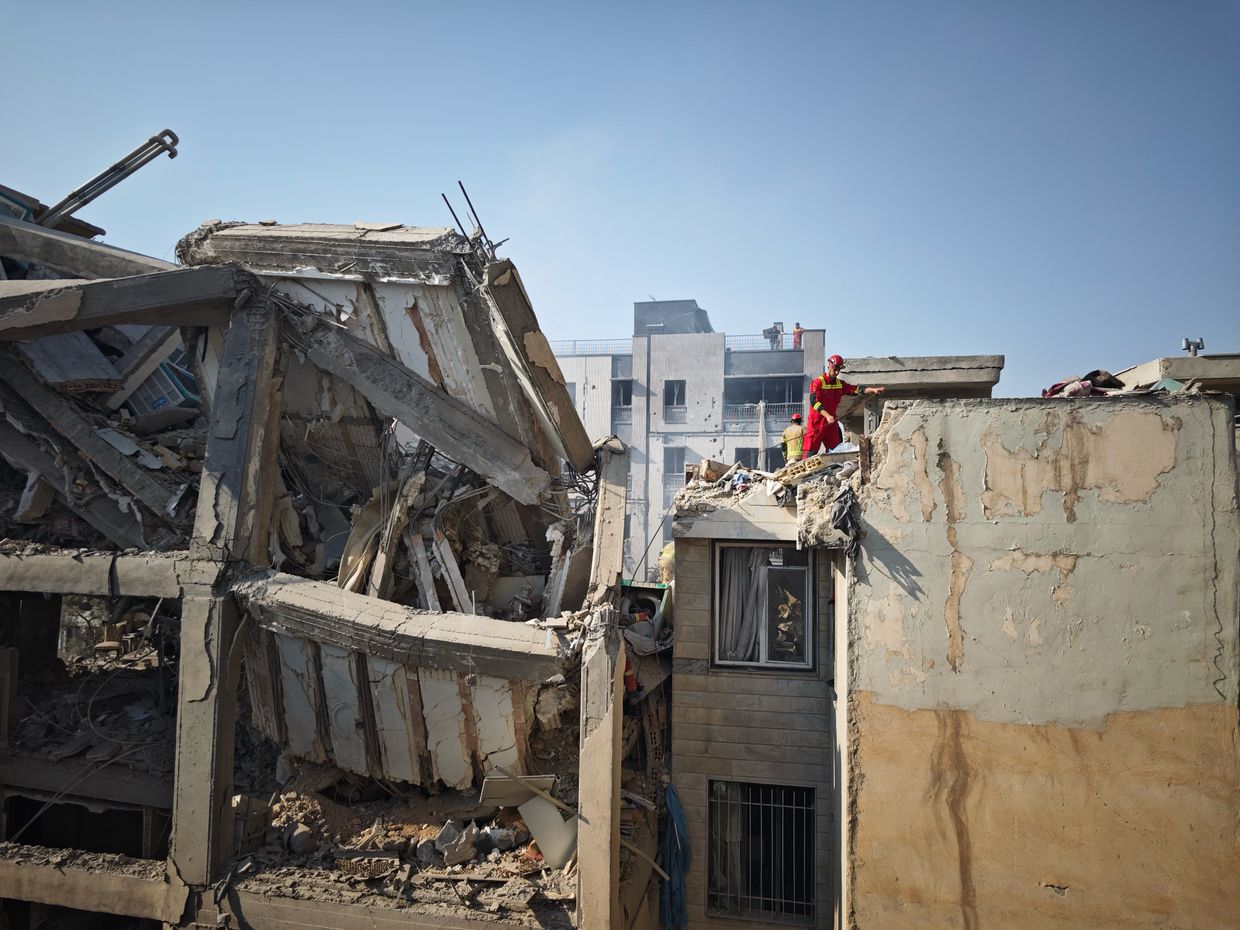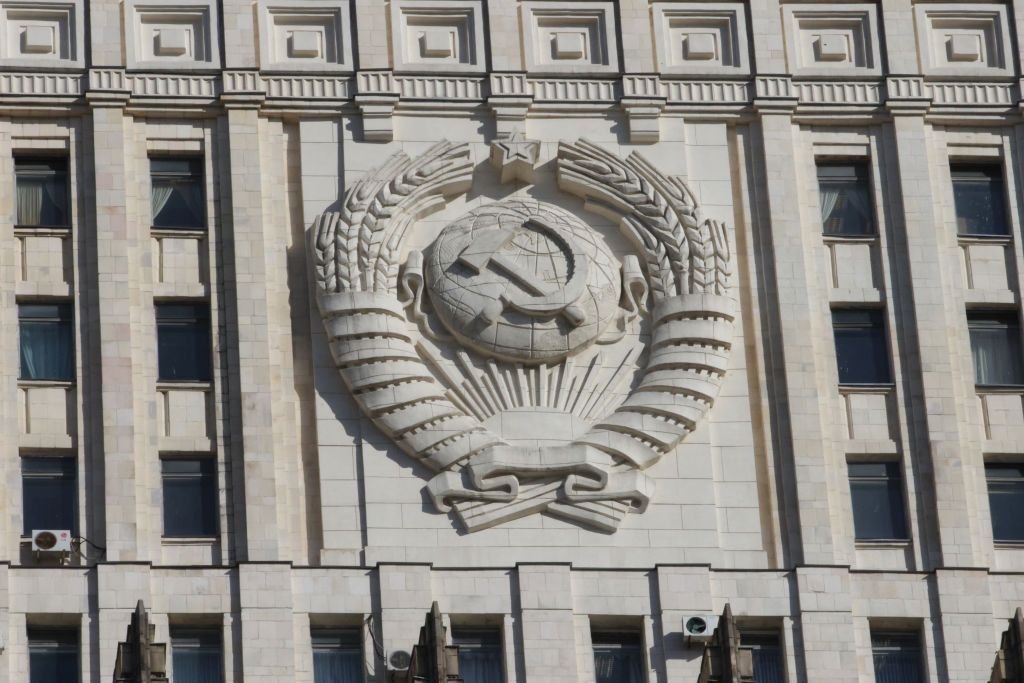Russia lures Arab mercenaries with cash and passports for Ukraine war, many die in “meat grinder” assaults
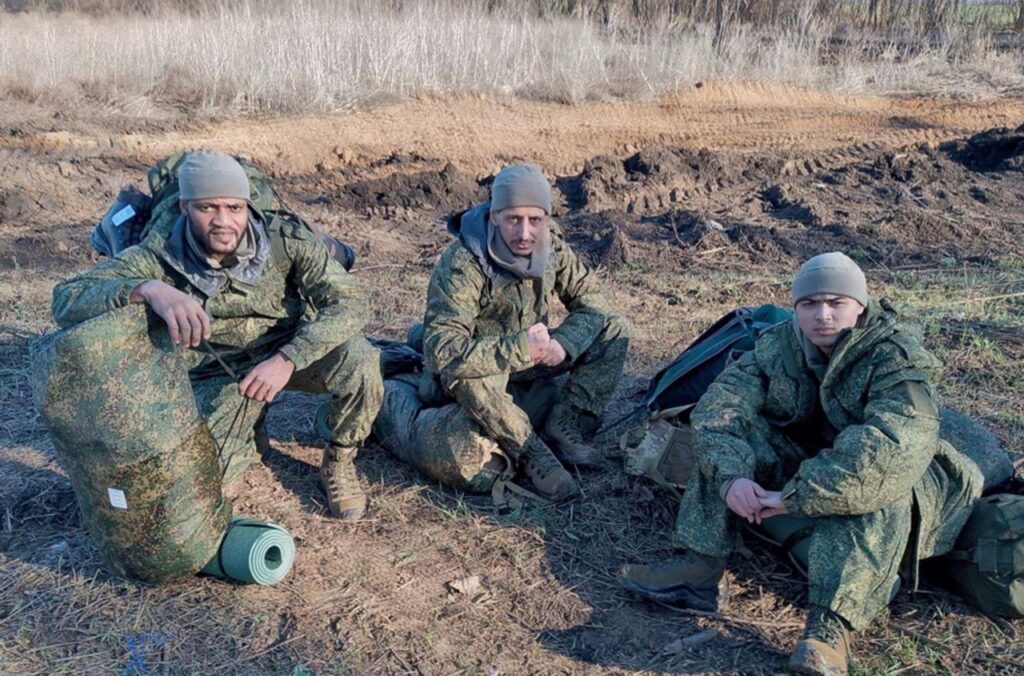
Russia is aggressively recruiting hundreds of mercenaries from economically distressed Arab and Muslim-majority nations, including Iraq, Syria, Egypt, Algeria, and beyond, to fight in Ukraine, using social media platforms like TikTok to promise massive salaries and expedited Russian citizenship. However, many of these recruits, lured by offers far exceeding what they could earn at home, report being deceived about their roles and thrust onto the most dangerous front lines with little training, according to multiple media investigations and family accounts.
Russia's strategy targets global economic desperation to fill frontline gaps, sourcing fighters who, if killed, will not spark domestic political backlash or require the official compensation given to Russian soldiers.
From TikTok to the trenches
The path from the Middle East to the Ukrainian front often begins with a social media post. For 24-year-old Mohammed Imad from Iraq, his final post on TikTok in May showed him in military fatigues with smoke rising in the background, captioned "Pray for me," as reported by The Arab Weekly. His family has not heard from him since, joining a growing number of Iraqi families searching for sons who were lured to Russia by promises of wealth.
Recruiters, operating on TikTok and Telegram, target young men in countries with high unemployment, like Iraq where one in three youths is jobless. These online influencers promote a package that seems irresistible: a monthly salary of $2,800—more than four times an Iraqi soldier's pay—and signing bonuses as high as $20,000, according to the Weekly's investigation.
A mix of money and faith
The primary incentives are economic, but recruiters also leverage propaganda. One online post declared, "Give me an Iraqi soldier and a Russian weapon, and we will liberate the world from Western colonialism," the Weekly found.
For those who enlist, the promise of expedited Russian citizenship for themselves and their families is a powerful draw, as reported by Netherlands-based analytical outlet Platform RAAM. Recruiters typically assure new volunteers they will have non-combat support roles, like cooking or driving, but in reality, almost all end up on the front lines, the outlet found.
This state-backed system, which includes officials from Russia's Foreign Ministry, processes volunteers on business visas and has them sign military contracts upon arrival.
A new, strategic element of this recruitment appears to be the integration of these Muslim fighters under Chechen command. Abbas al-Munaser, a 27-year-old Iraqi who joined the Russian army in 2024, confirmed in a post that he was fighting under a "Muslim Chechen commander," according to The Arab Weekly.
This approach suggests a Russian strategy of using a shared religious identity to manage and motivate its new foreign legion, leveraging the reputation of forces led by Ramzan Kadyrov, the Head of the Chechen Republic, whose predominantly Muslim units are already active in the war.
“There is death here”
Despite the slick recruiting, the reality on the ground is grim. Al-Munaser, who posts about his experiences, warned other Iraqis: "There is death here." He described what he had seen in Ukraine as "a war of advanced technology, a war of drones," unlike the wars they had known in Iraq.
The deception is a common theme. Many recruits are promised non-combat roles like drivers or kitchen staff, but upon arrival, they are given minimal training and sent to the front, an investigation by The Insider found. Some are deployed in "meat grinder" assaults—waves of soldiers sent to attack positions without armored support.
When these foreign fighters are killed, their families often face a bureaucratic nightmare, receiving no official word. This disposable nature of foreign troops is a key strategic benefit for Moscow. "If a foreigner dies, there are no social payouts and no responsibility; there are no relatives inside Russia who are unhappy with the war; and of course, fewer dead Russians,” said Andriy Yusov, a representative of the Defence Intelligence of Ukraine (HUR), as reported by TVP World.
Related:
